We woke up at 5:30 a.m. and left the apartment at 6:00. Wadie had to wake up with us to open the gate so we could get the bikes out. Early in the morning, the traffic in the city was manageable.
We left Fes from the southern part. OpenStreetMap suggested a route that avoided the main streets, but it led us through a huge trash site where everything was burning. The most negative thing about Fes and its surroundings is the trash burning. You can smell burning plastic throughout the city, which is really horrible.
At 9:30 a.m., we stopped in Ain Chouggag, 20 km from Fes, where we found an old man sitting outside a modern farm with huge walls. We asked if we could have some water and rest a little outside. He asked us to wait and went inside to call Mostafa, who spoke very good English. He invited us inside immediately.
We promised ourselves not to reject any invitation where we could experience the daily lives of local people. Mostafa is a very polite and educated young man. He showed me his Western books and was fascinated by the concept of an e-book reader. He even wanted to show it to his neighbor, whom he called over to say hello.
His name was Omar, and he also spoke very good English. He invited us to his home. This is a huge farm that belongs to separate neighboring families. Omar is studying medicine, and his family is highly educated—his father is a professor at Rabat University.
Omar was one of the rare people who didn’t ask about visas or coming to Europe. He even mentioned that he might want to go to Saudi Arabia or Syria to work as a doctor. He has a cute cat that he loves very much.
His mother came to greet us, and suddenly, as if by magic, a table full of sweets, tea, and many other things appeared. Moroccan hospitality is truly amazing. I had a tour of the upper floor where Omar usually spends his time and prays. He showed me his bookshelf and the farm from the terrace.
When we were about to leave, Omar went inside and brought us some herbal tea and a small bottle of olive oil from their own farm as a gift. We took a photo together with Mostafa outside and continued cycling.
We continued cycling toward the mountains, heading in the direction of Ifrane. From time to time, we passed police checkpoints, but they never stopped us—they just waved as we cycled by.
We arrived at a small village called Tizguite, with only a few clay houses and a small road leading to them. It was extremely hot, around 18:30. From a distance, we saw a few men in the village, one of whom was driving his car out to the main street. We asked him if we could have some water, and he called someone to help us.
Aziz was the man who came to help us refill our water. We must have looked exhausted because he told us to leave the bikes outside and follow him up to the guesthouse of his family. Many children gathered to watch us; they were very polite, quite the opposite of our previous experiences with kids.
Suddenly, water, tea, and a huge plate of meat appeared. They called the oldest man in the family and the village to come and eat with us. My standard Arabic was the only way I could communicate with them.
Tizguite is the first Amazigh (Berber) village we’ve visited, and being a guest in this culture is a whole different experience. We took some photos with the kids and were preparing to leave when Aziz and his wife, Habiba, invited us to their home, just a few houses further into the village. The whole village is one large family living together.
We went with them and decided to sleep there. They didn’t accept our offer to pitch our tent—they gave us their bed instead. The next day, we learned that they had all slept together on the floor outside. After taking a pocket shower and washing our clothes, Habiba joked about how her husband had never tried to wash clothes, while I was washing mine myself.
We said goodbye to Aziz because he had to go to work at midnight and would return the next afternoon. We went to bed, for the first time, quite late—around 10:30 p.m.
In the morning, we baked bread together with Habiba and had breakfast with her and the children. It was emotional to say goodbye to this beautiful family.
Aziz and Habiba were a perfect example of Morocco’s incredible hospitality. They are the first mixed Amazigh-Arab family we got to spend time with. They even invited us to their daughter’s wedding a month later, but unfortunately, it would be difficult for us to attend. They wished we could stay for an entire month with them.
Saying goodbye was tough—we truly enjoyed the few hours we spent there, yet it felt like an entire week filled with warmth and kindness.
The scenery is changing as we climb to 1,700 meters in altitude. We took a midday break under some trees near the main road, and for the first time, we had to really think about our water supply because we almost ran out.
After half an hour, we heard thunder in the distance. From my experiences in Spain’s mountains, I’ve learned to never underestimate mountain weather—it changes in the blink of an eye. We packed up our hammocks and cycled on to find shelter.
On a hill, we saw a man tending a water pump. We asked him for shelter until the rain and thunder passed. He said it wouldn’t rain but suggested we wait in a nearby mosque. The moment we entered, it started raining heavily, the first time since arriving in Africa. It poured as if there was no tomorrow.
After half an hour, the rain stopped. We continued cycling and, after 10 km, asked a man entering a farm if he knew where the Mokkadam’s house was or where we could pitch our tent. He didn’t know but offered us water and a break.
We met his family—his wife and two kids. They found our journey interesting and invited us to stay, with one condition: we sleep inside their guest room. The younger child was fascinated by our bikes and asked for help repairing his. The older brother was more interested in our iPhones, which was a bit annoying since he kept trying to take them without asking.
I helped repair the bikes, clean them, and oil the chains. The younger brother was thrilled, and so was I. We also toured Mazen’s work. The family lives there to manage the farm, with apple trees and mostly onions, which require constant water. They have a loud generator running 24/7.
Mazen works long hours, sometimes skipping sleep to check the water supply. If it fails, the entire crop is lost, causing big trouble with the owner.
We had dinner outside together. For the first time, it got chilly at night, and we had an amazing night’s sleep with mountains air quality.
above 1700m, Entering Ifrane.
the scenery turned greener. Ifrane is known for its water sources, and you can find its water bottles everywhere in Morocco.
We reached Ifrane around 10:30 am, and the weather was pleasant again. We enjoyed every pedal stroke and took a break in Ifrane National Park. Sadly, the waterfalls aren’t flowing this year—another sign of brutal climate change.
Ifrane feels like a European town, built by the French during colonial times as a vacation spot. It’s now full of tourists. We stayed for less than half an hour before heading to the big forest, known as Monkey Forest.
Next, we headed to Azrou, another touristy city, lower than Ifrane at around 1500m. The plan was to stay high in the mountains and within the green areas. We cycled slowly to enjoy the cooler climate. We saw a few European cars, mostly from Italy and France, driven by Moroccans living abroad who return for summer holidays. The higher we went, the fewer people we saw.
Two kids asked for money or candy, and Sandra handed out bonbons . For the “cool kids,” we gave German lollipops.We really try to avoid kids between 10 and 15 because we’ve had many unpleasant experiences. However, we’re happy when we have positive ones. Anyway, the schools will reopen in two weeks.
Suddenly, the forest’s charm ended as we descended from 1850m to 1450m, feeling the heat difference. We wanted to take a rest. Under a small olive tree, ants began biting us. Moroccan ants are no joke—they hurt! We packed up to find another spot.
On the village’s main street, there was only one house. We cautiously approached, mindful of dogs. Sandra had dealt with dogs before. We called, “Is anyone there?” A tired dog lay nearby, but no one answered. A man on a moped arrived and called the owner, also named Omar. He invited us to rest on his terrace.
Through Omar we got to know An 800-year-old cedar tree, read More about its history in the first comment.
We ended up spending the rest of the day with Omar’s family.
The cedar tree gained its name from General Henri Joseph Eugène Gouraud, a French general who lost his arm during the Dardanelles Campaign in World War I.
In 1917, while on a tour through Morocco—specifically Meknes, Fez, Moulay Idriss, Aïn Leuh, and the Azrou region—General Gouraud came across an immense cedar tree. This particular cedar has a lateral branch that resembles a single arm, which intrigued the general, who himself had lost an arm. He insisted on taking a photograph next to the tree with Colonel Poeymirau, and this photograph, taken by photographer Ratel, appeared in the press. The cedar tree then became known as the “Cèdre Gouraud” in honor of the general.
This cedar tree is remarkable not only for its historical connection but also for its impressive size and age. It is said to be between 40 and 42 meters tall and around 800 years old.
The first version of the story, as told by Michel Tarrier, ties the name to the passage of General Gouraud’s troops through the region during World War I. General Gouraud’s experience in the Dardanelles War, where he lost his arm, is what adds symbolism to his association with the cedar which appears to have only one arm.
We laid down on the sofa on the terrace for half an hour. Omar came and said, “Make yourself at home. I have to go to the city to finish some jobs.” He brought us some homemade couscous. Today is Friday, so it is a tradition in Moroccan families to cook couscous.
The whole family came and sat with us. Zainab, Omar’s sister, spoke good English. They brought Moroccan tea. Omar’s aunt had an amazing sense of humour. We laughed a lot and talked about our trip.
As usual, the weather on the mountain is unpredictable. It was very hot, then suddenly cloudy and windy. It started to rain as if there was no tomorrow. Omar’s mother insisted that we stay, and we agreed because of the weather and because we wanted to spend more time with this beautiful family. Omar’s mother totally refused to let us sleep outside in the tent and prepared a room for us to stay in.
We had dinner together and talked about the history of Morocco Omar’s mother asked us if we are forgetting the faces and names of people and if we get used to meeting a lot of people. To be honest, we think a lot every day about how thankful we are to the people we are meeting. Without these people, the experience would be different, and I think we will never forget the faces of the beautiful human beings we met and got to know. We even try to write the names so that we never forget.
Omar came back from his soccer game and showed me his idea about making a camping place in the area. The location is beautiful, and they have a big piece of land. We had a very good night’s sleep on the hard mattress bed.
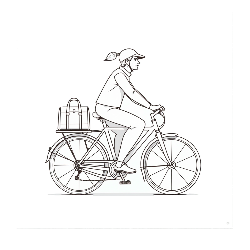
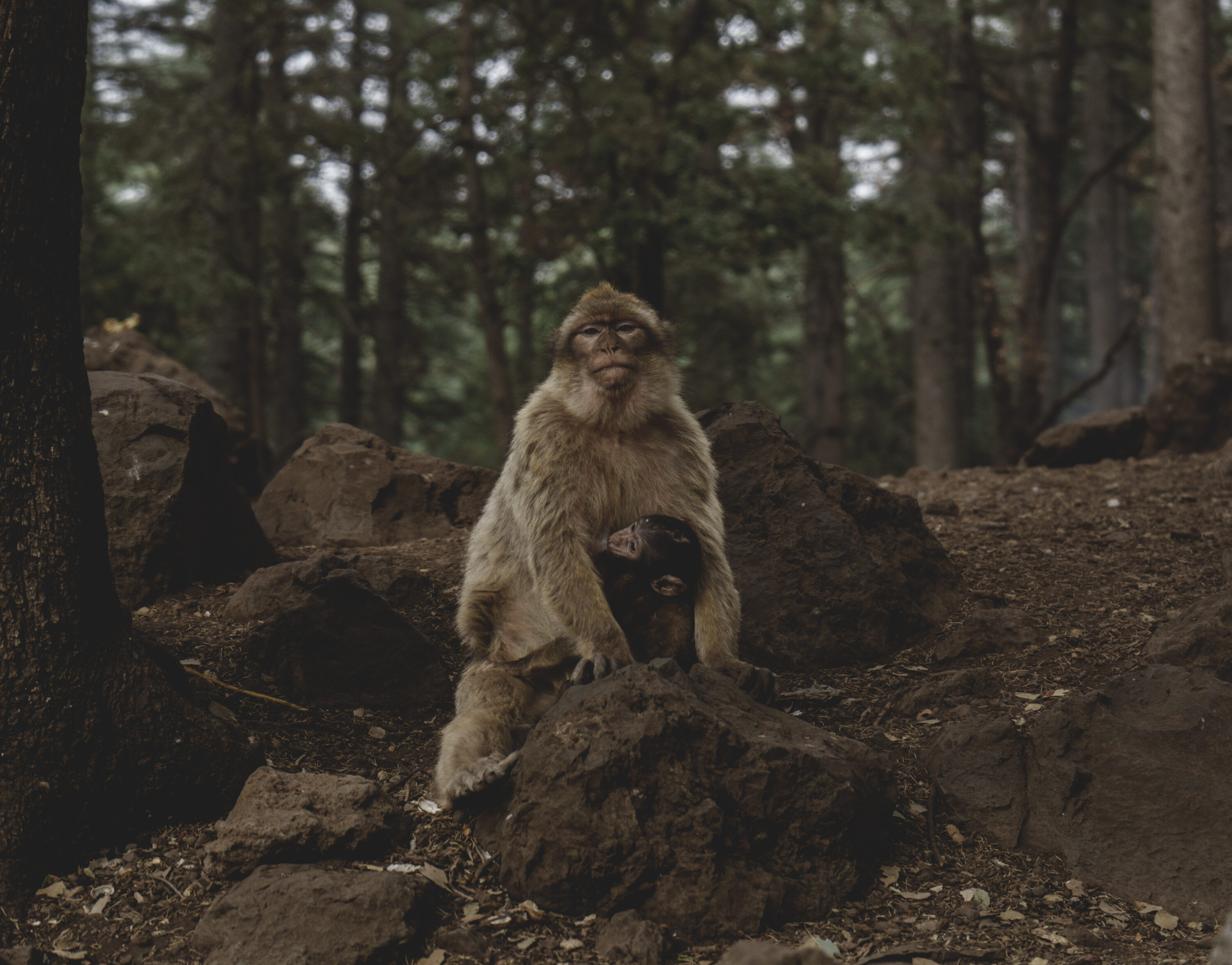
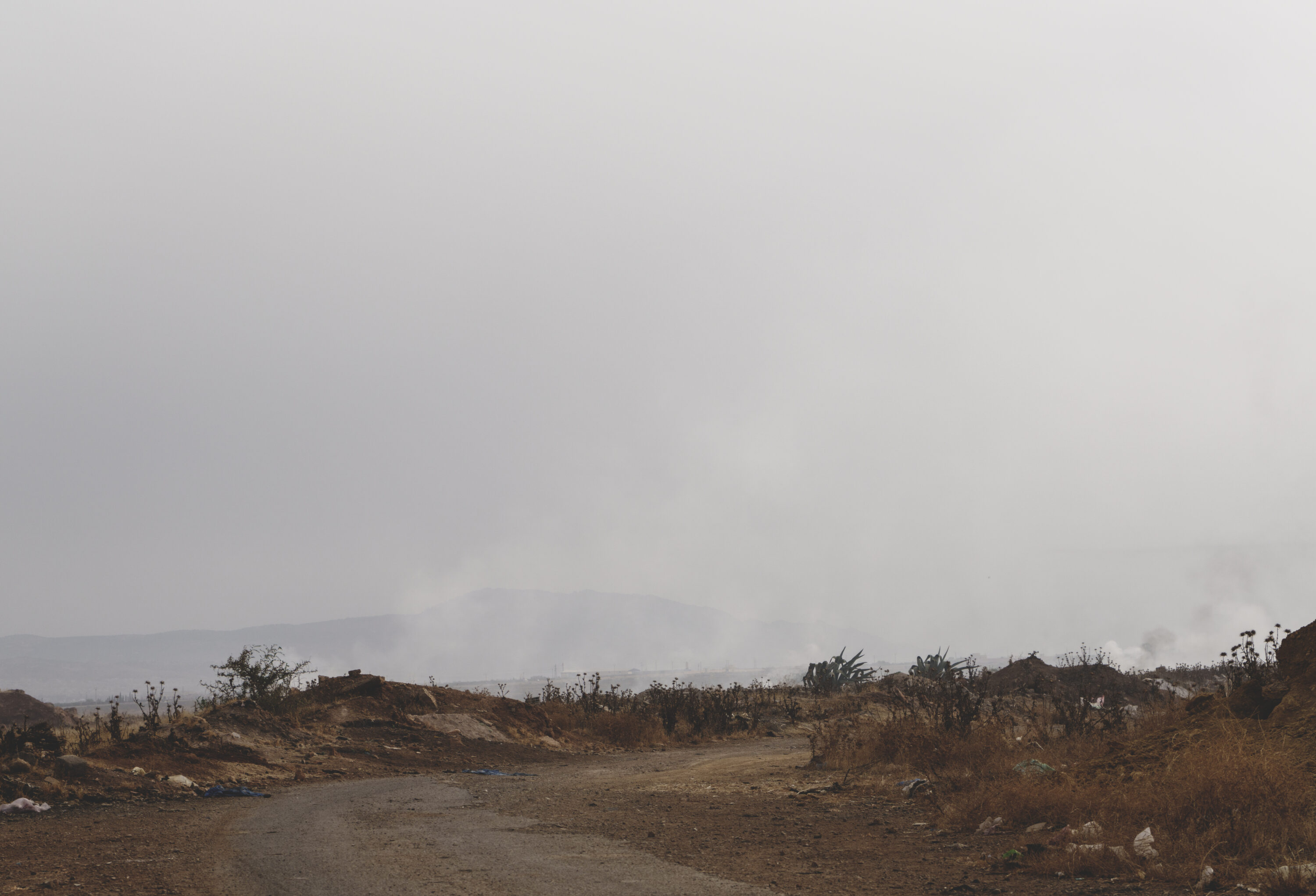

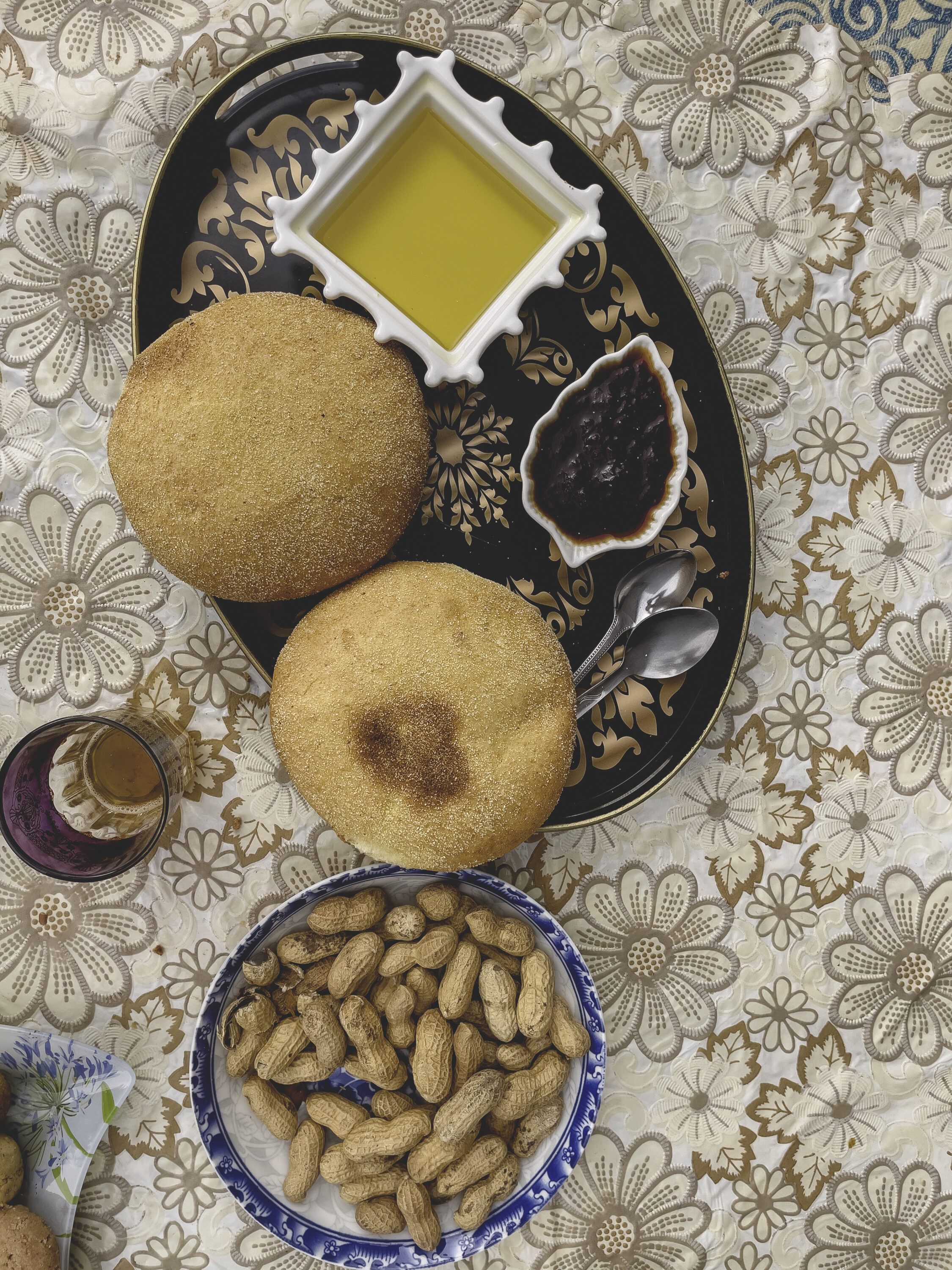

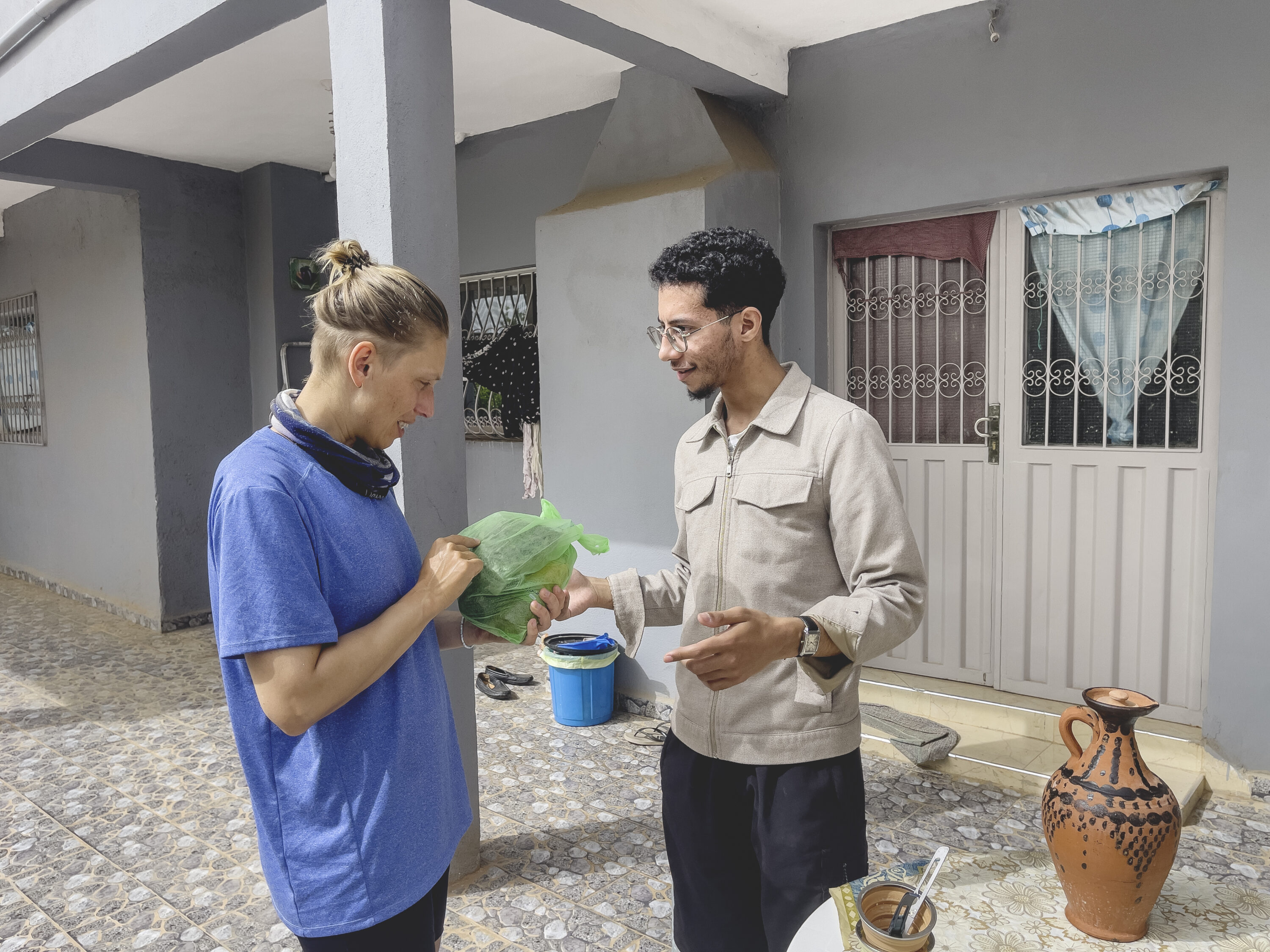
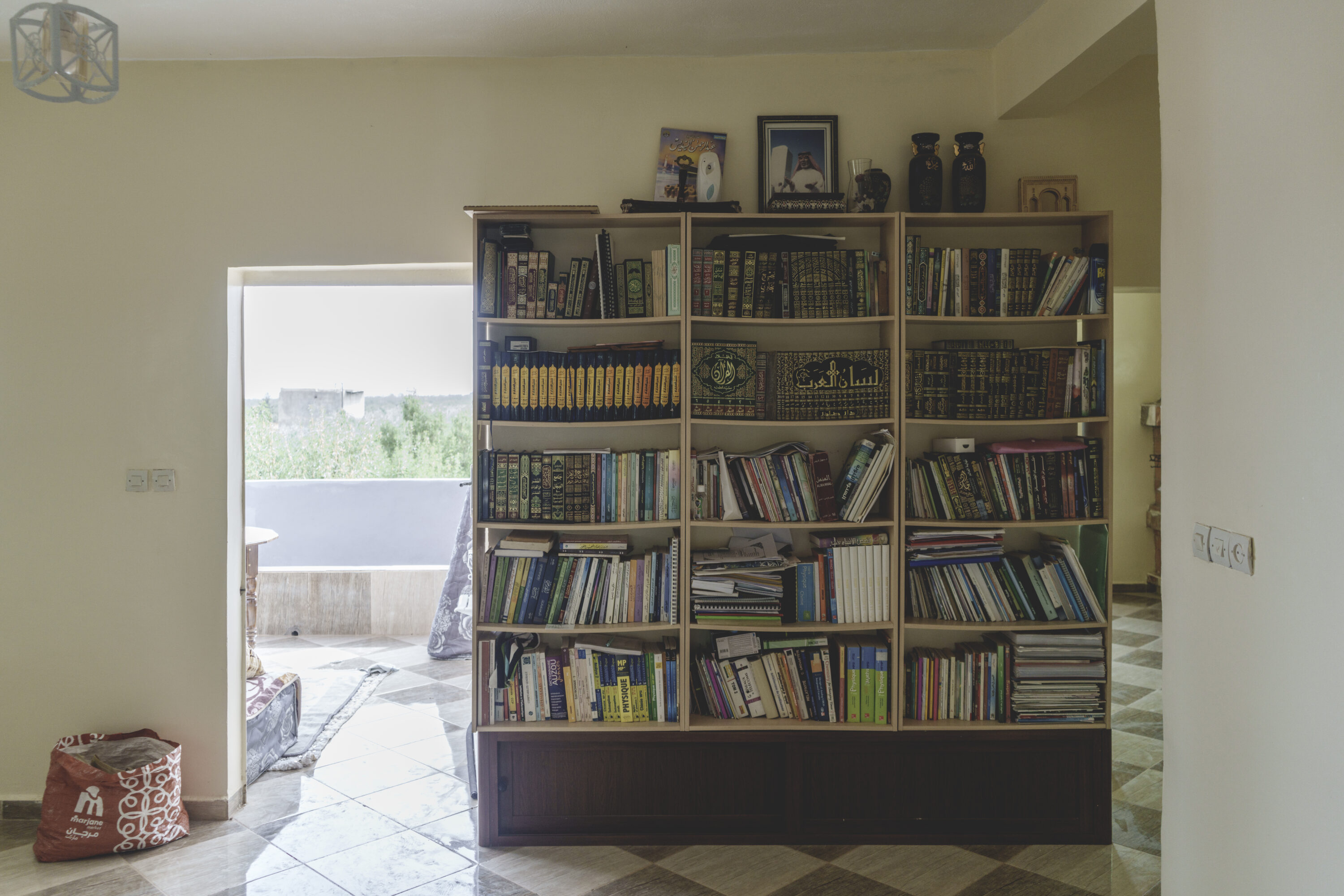
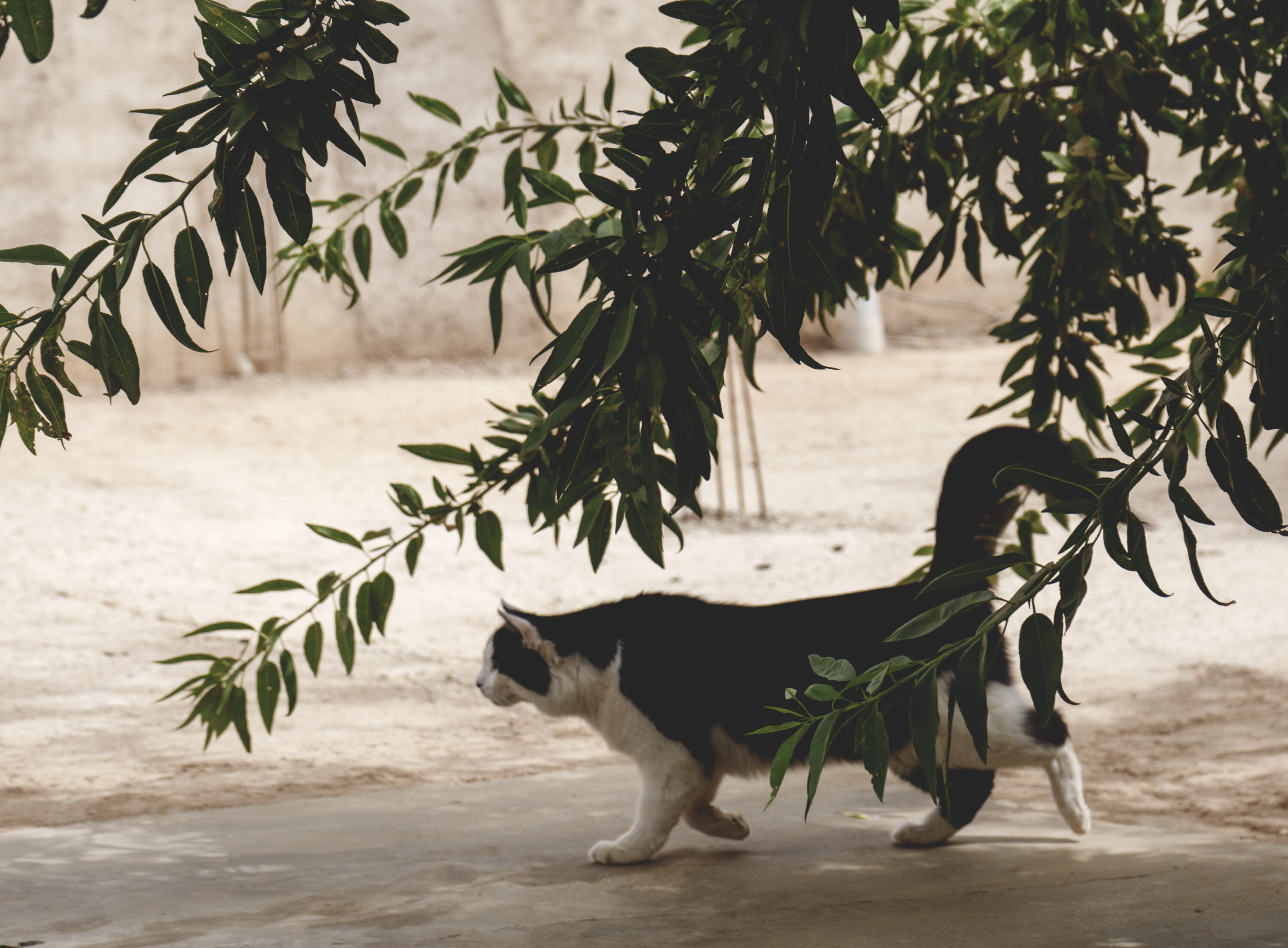

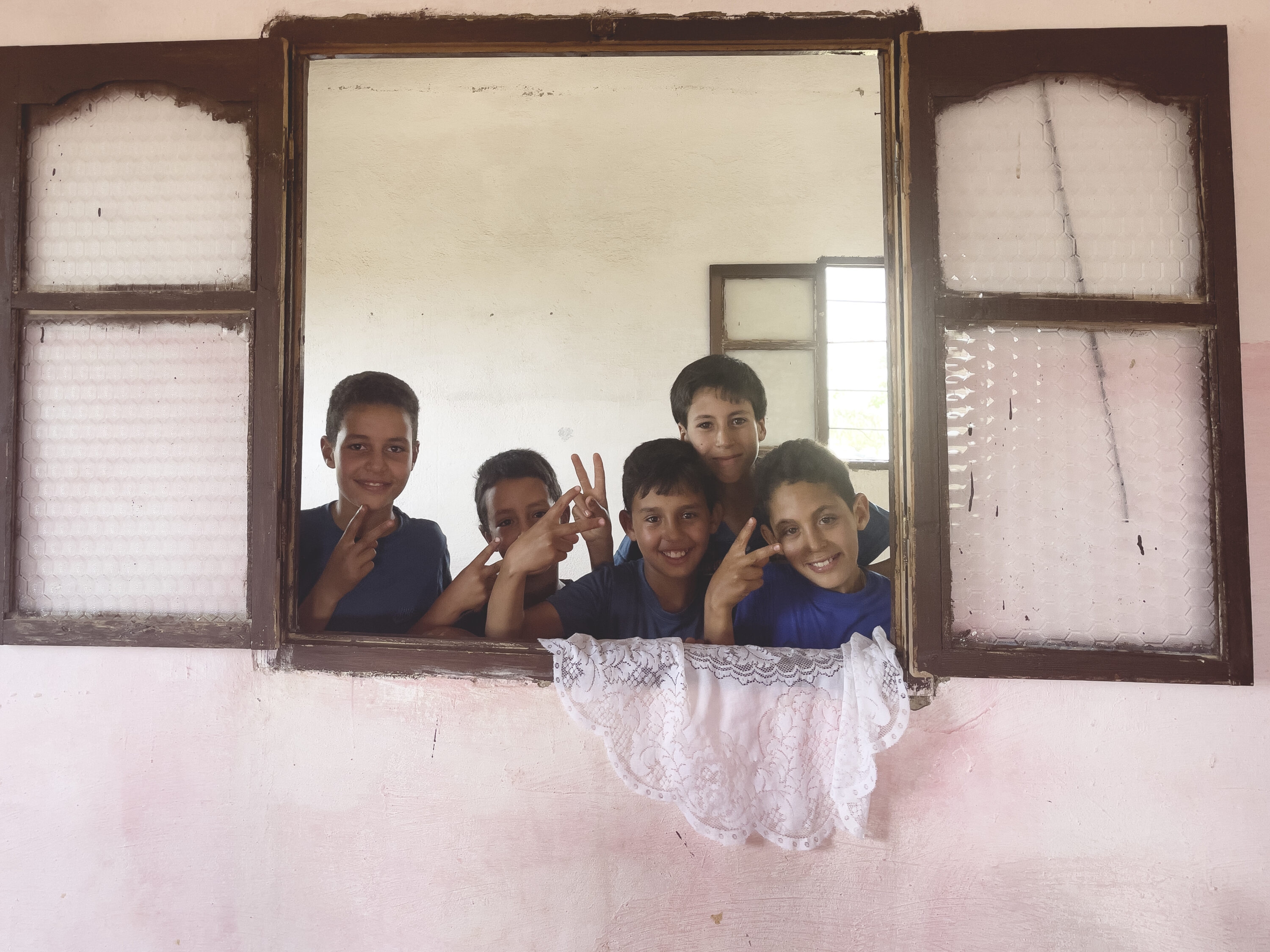

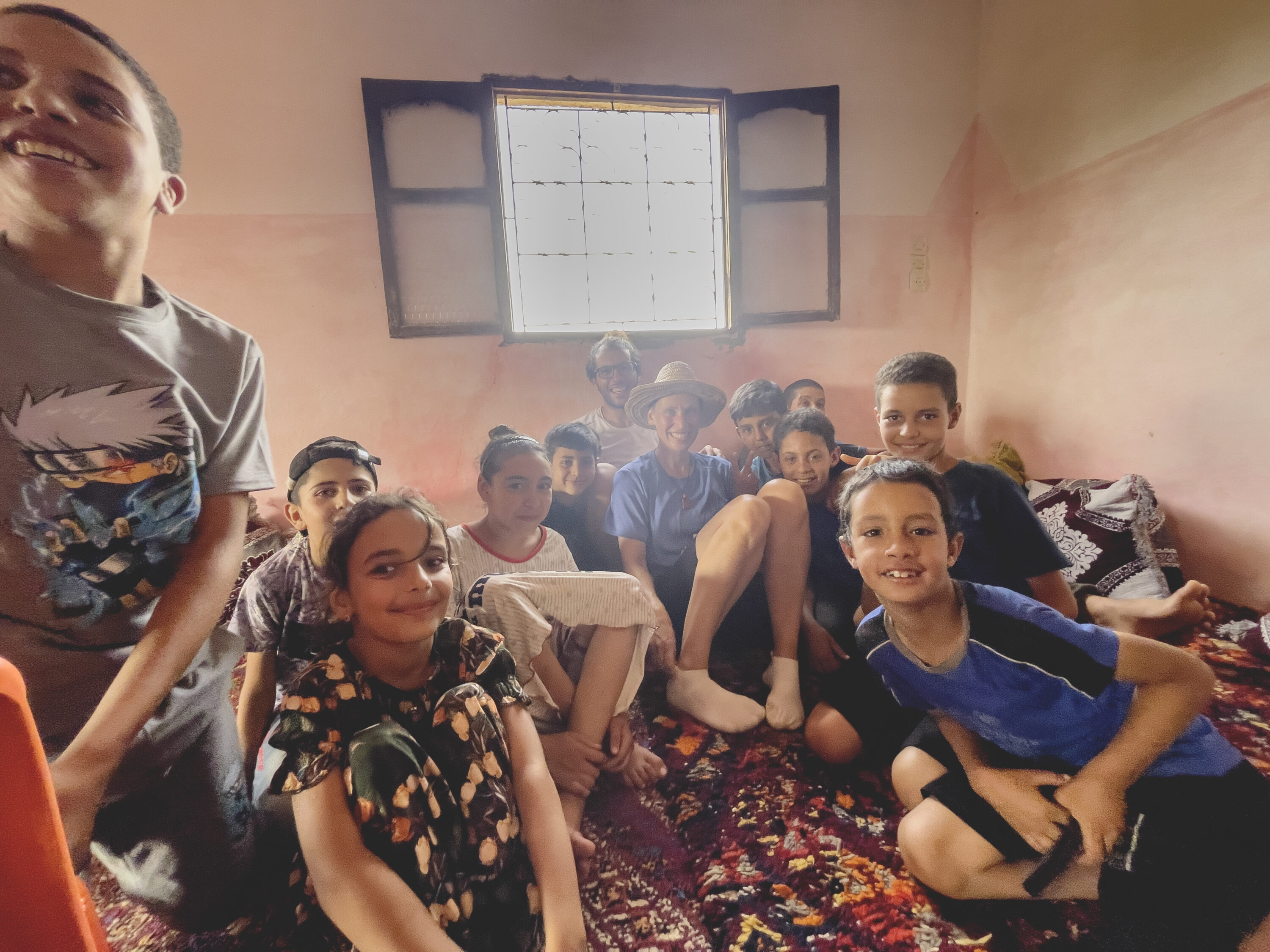
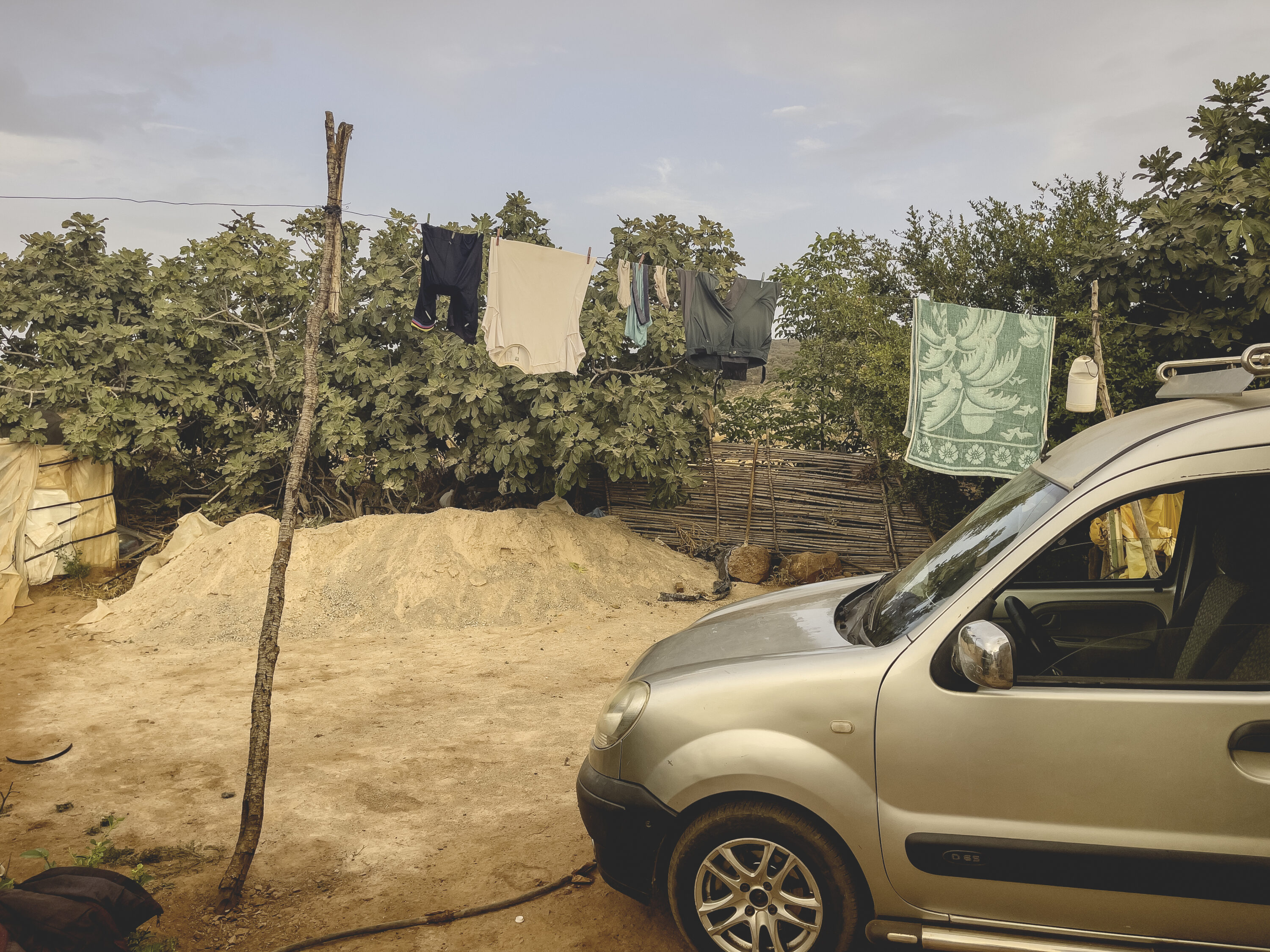
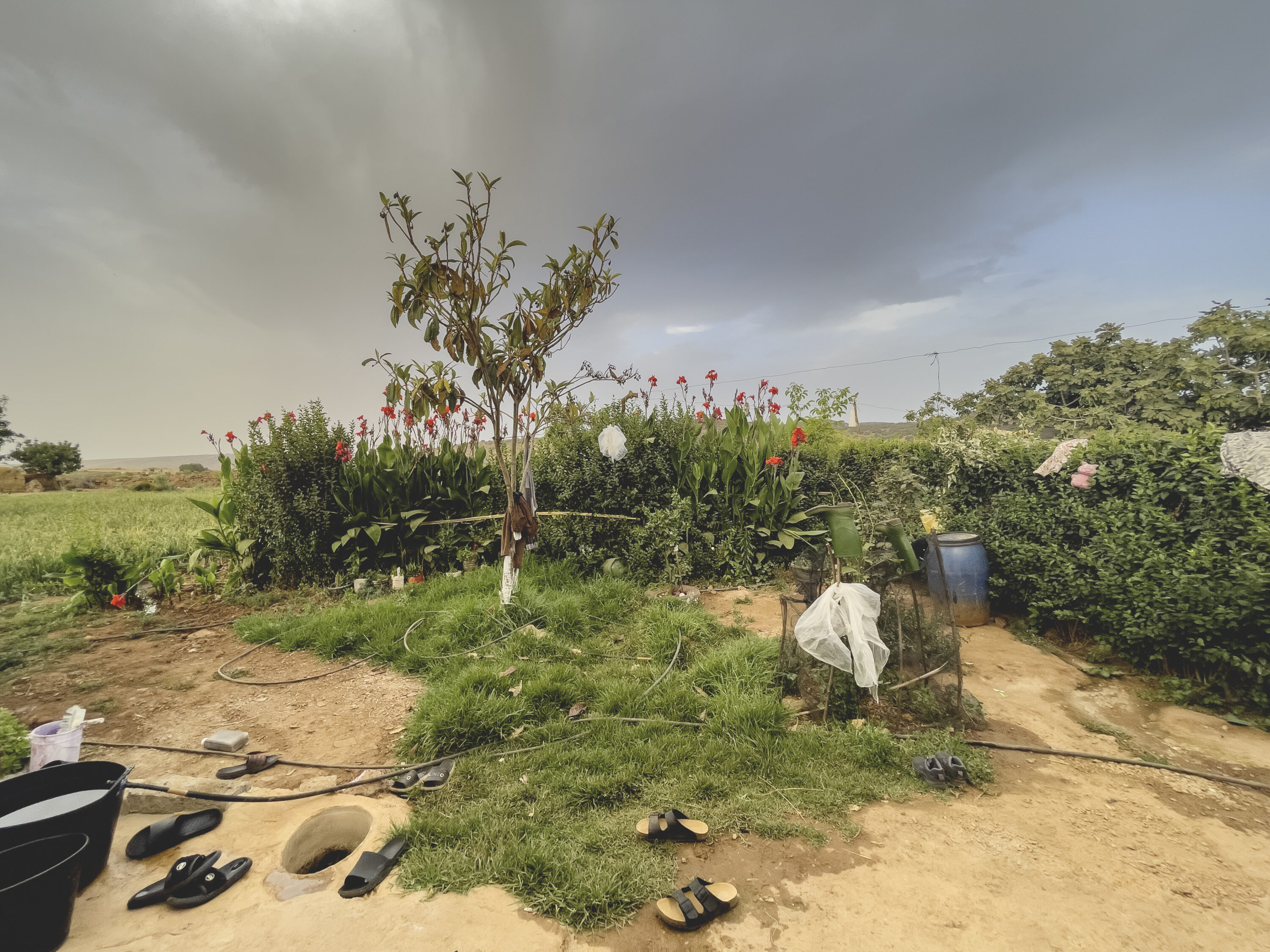
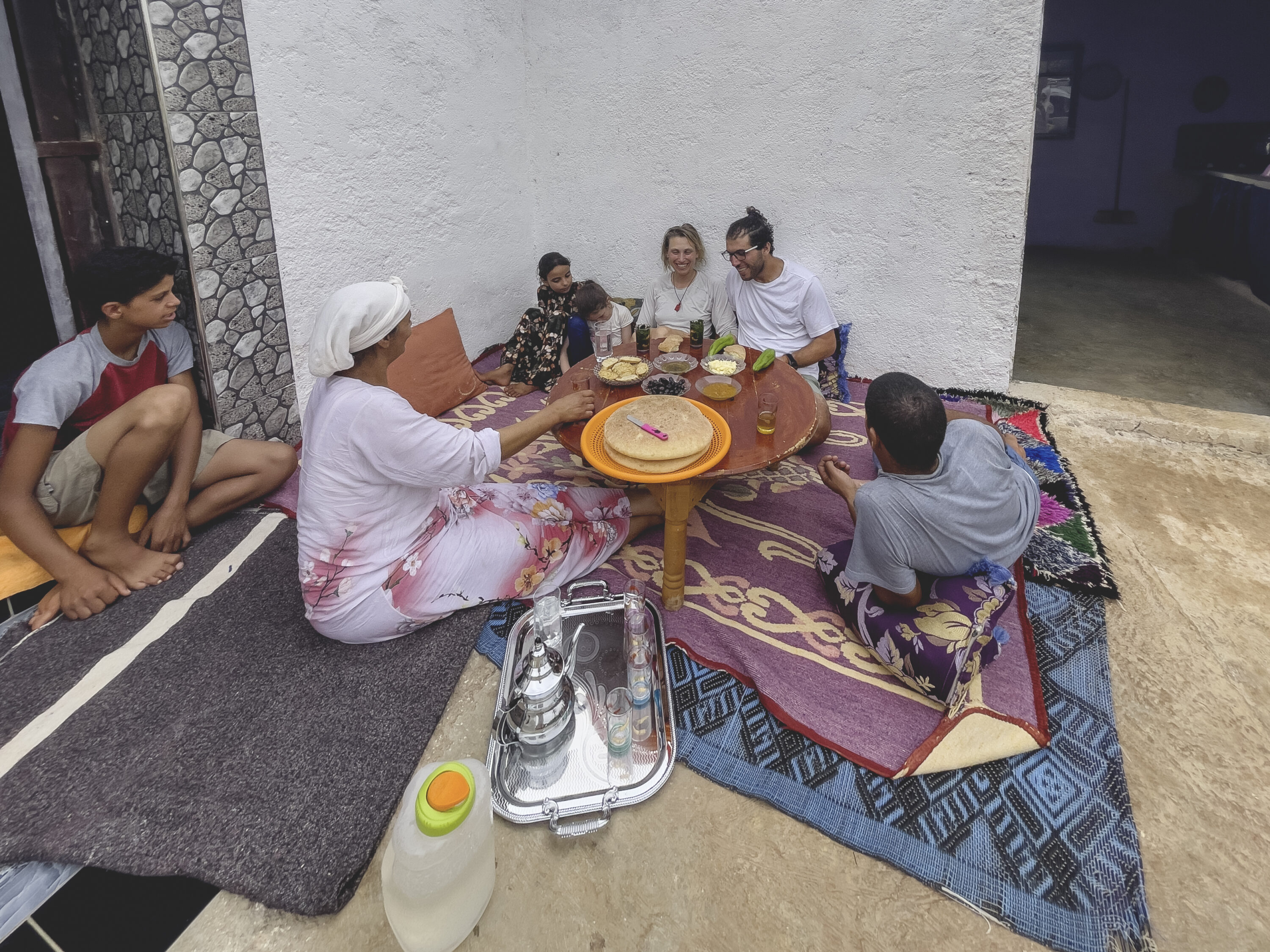
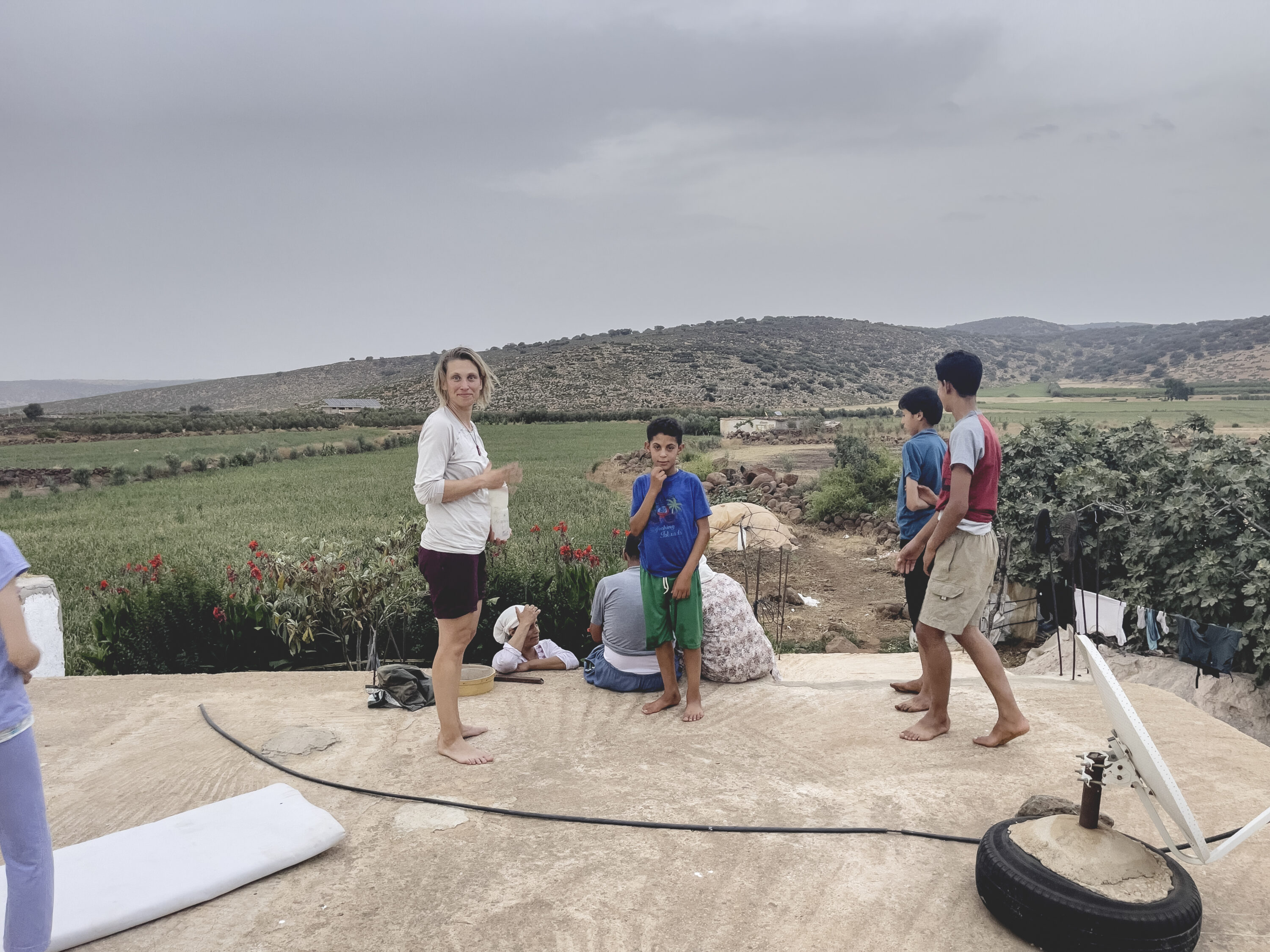
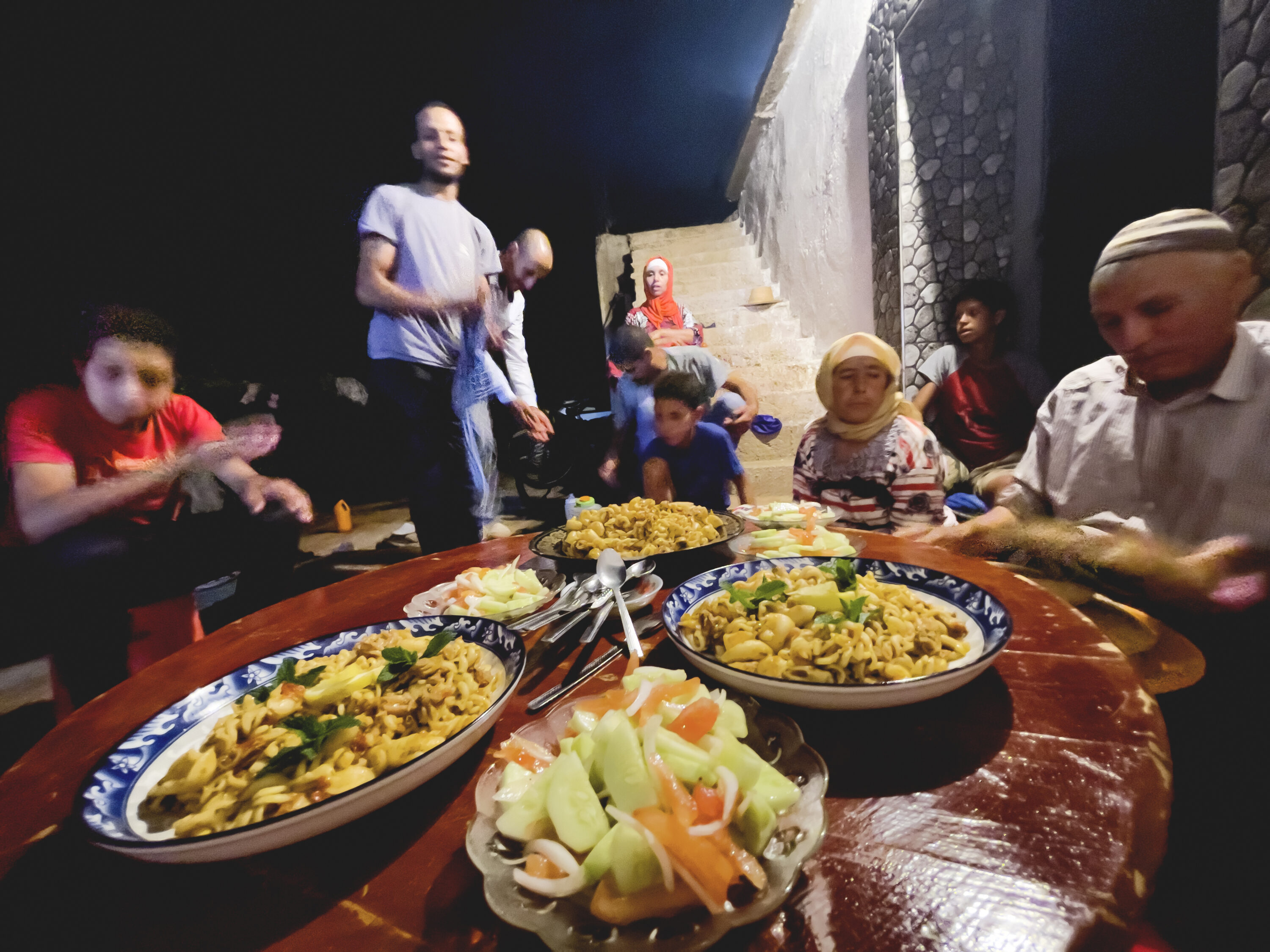
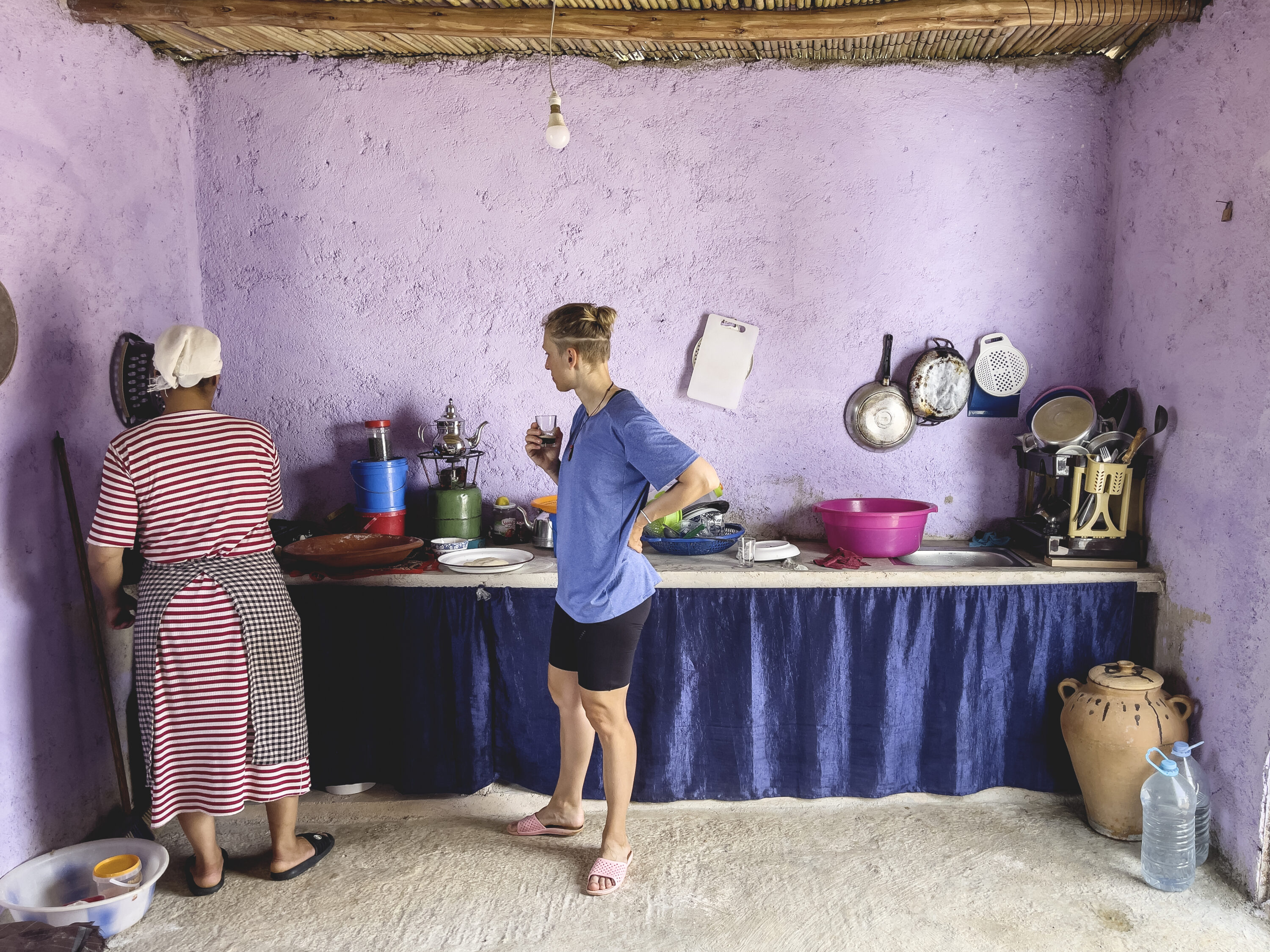


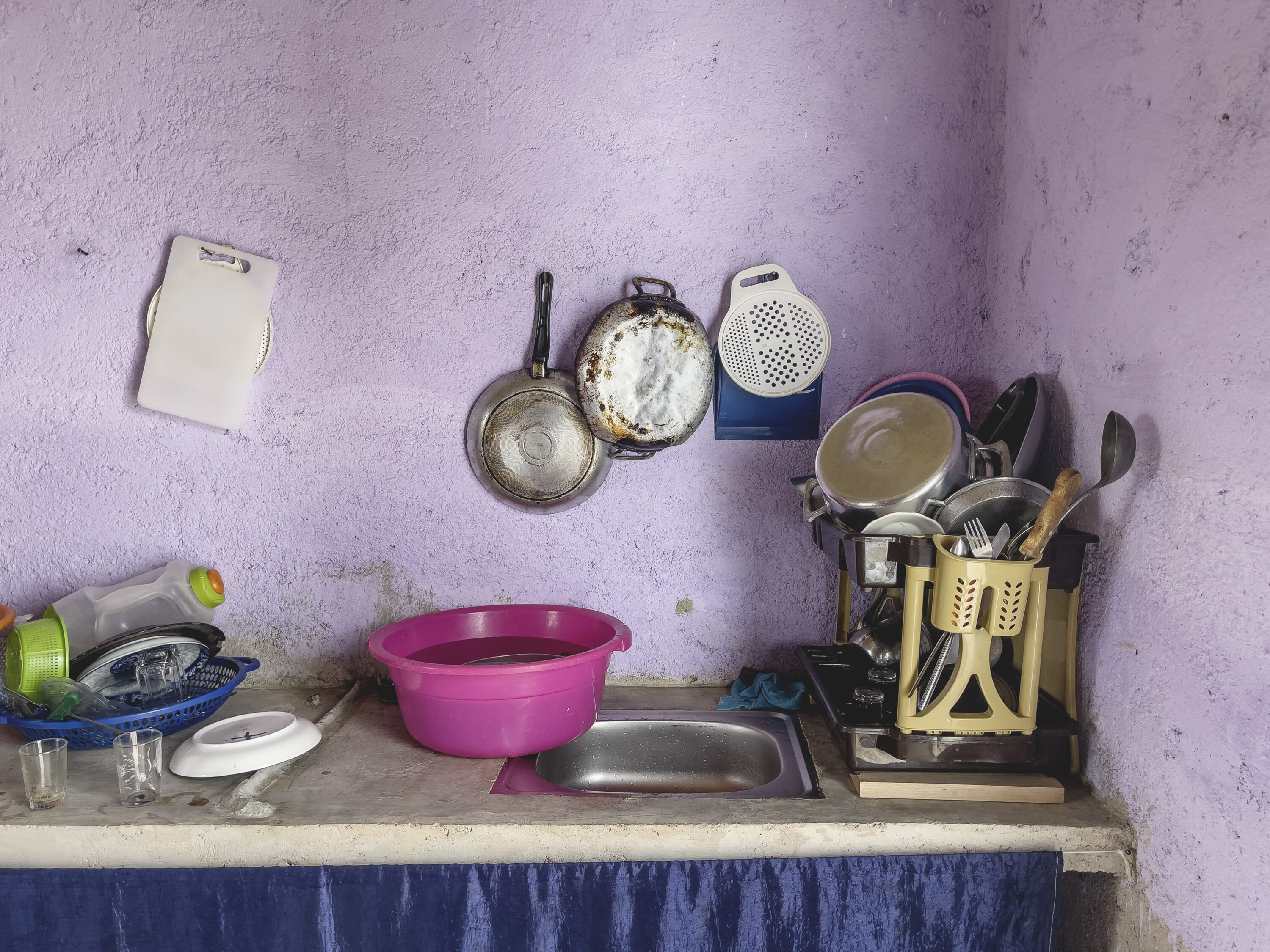
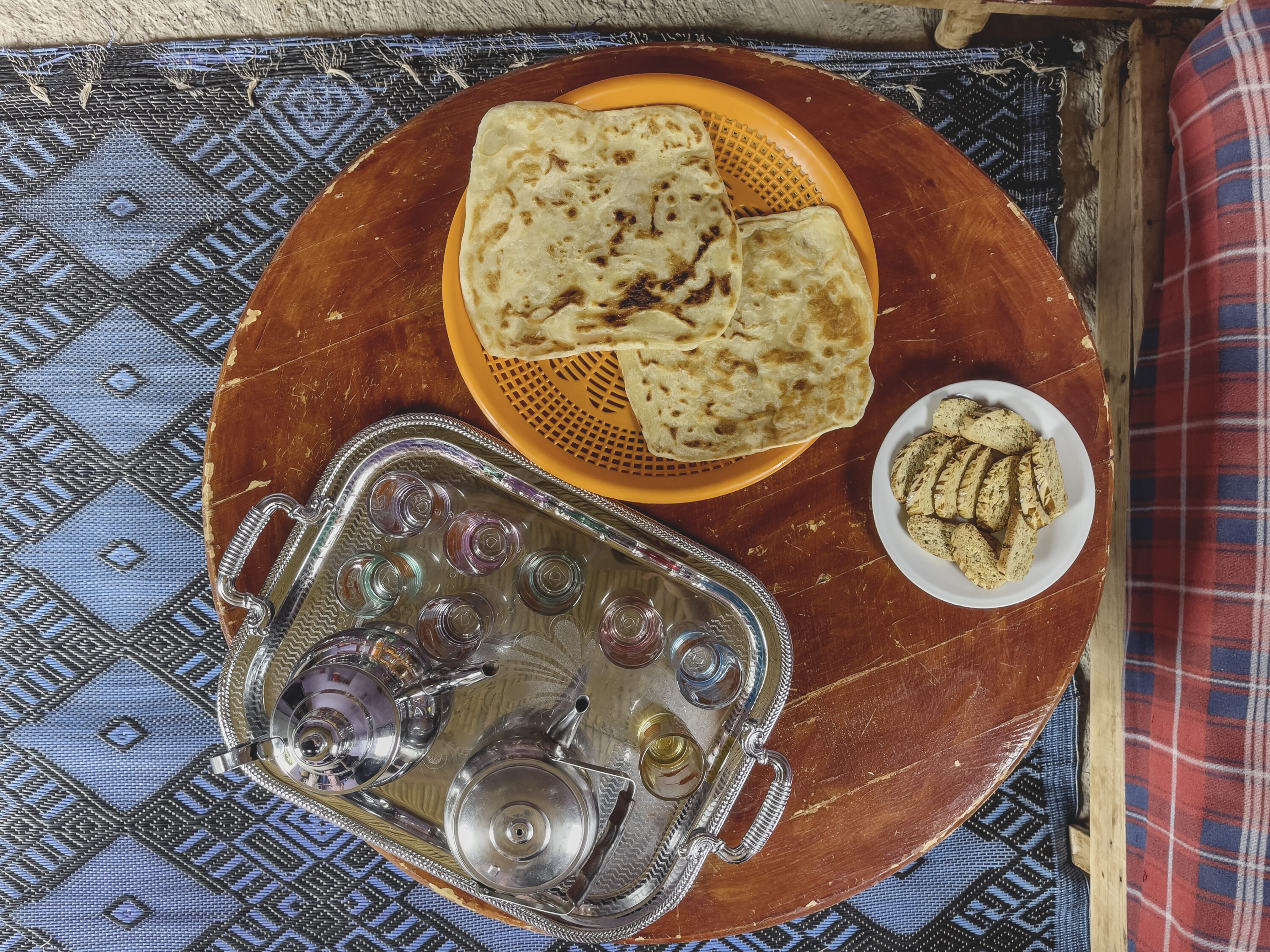
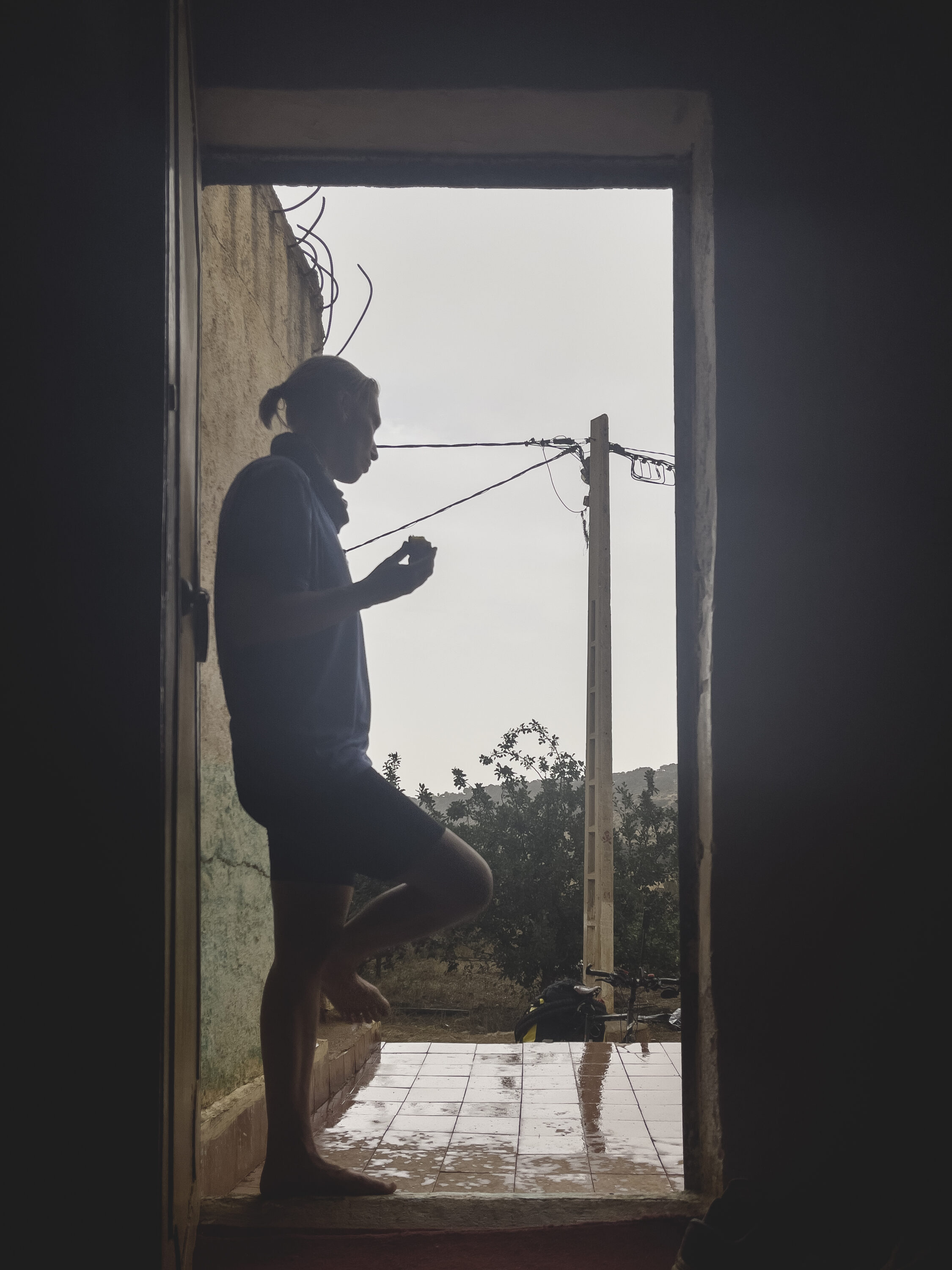
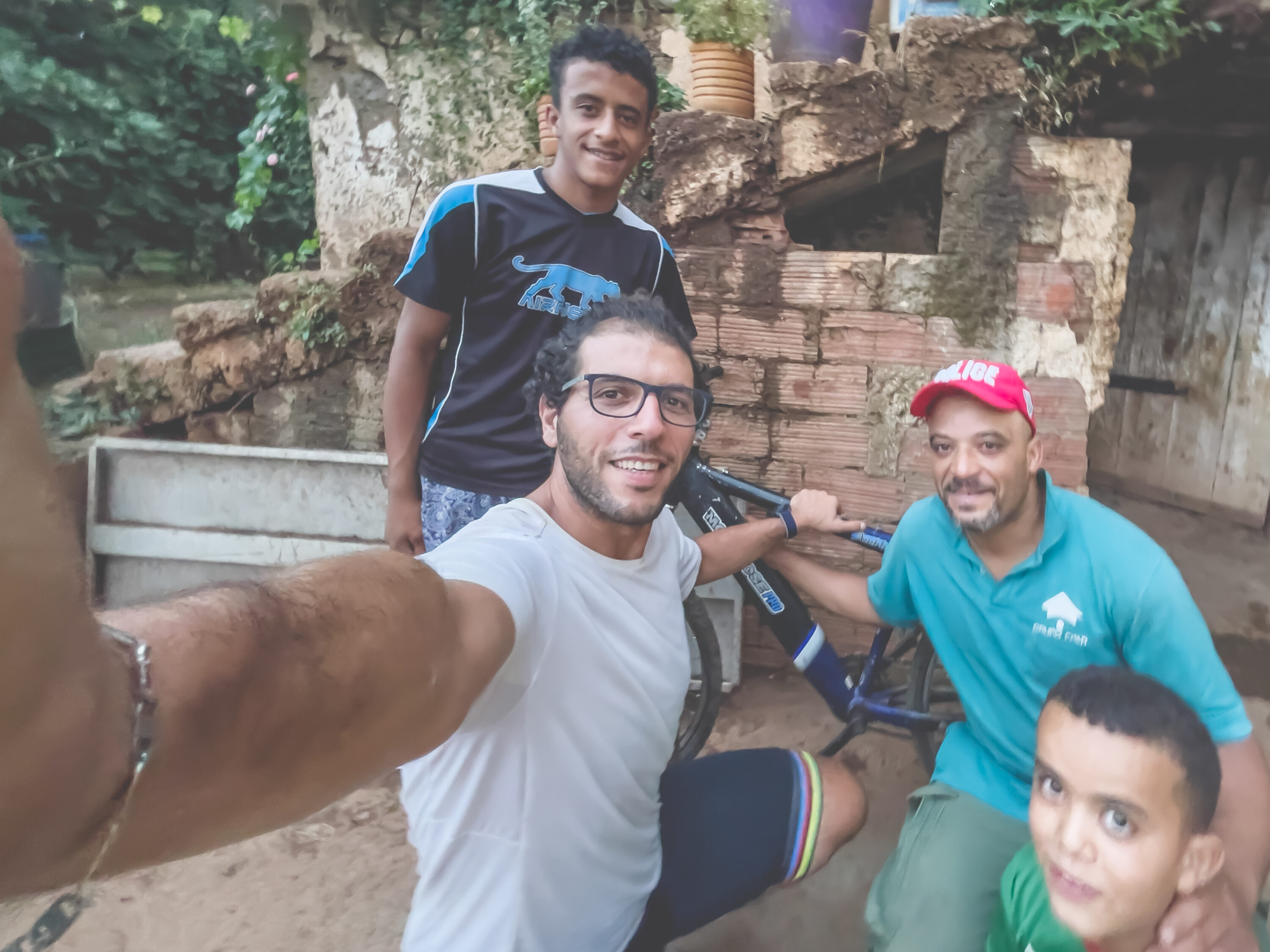
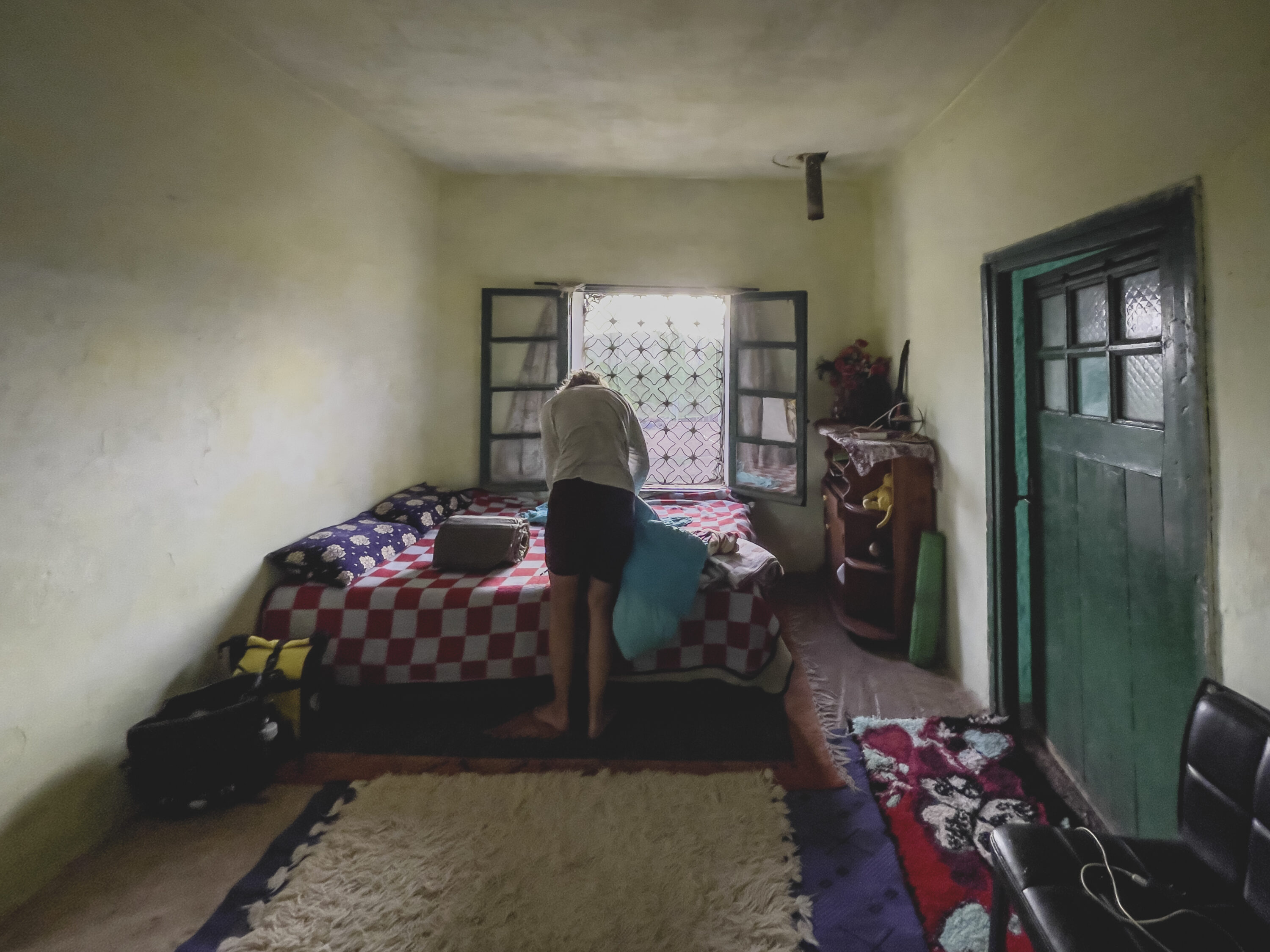
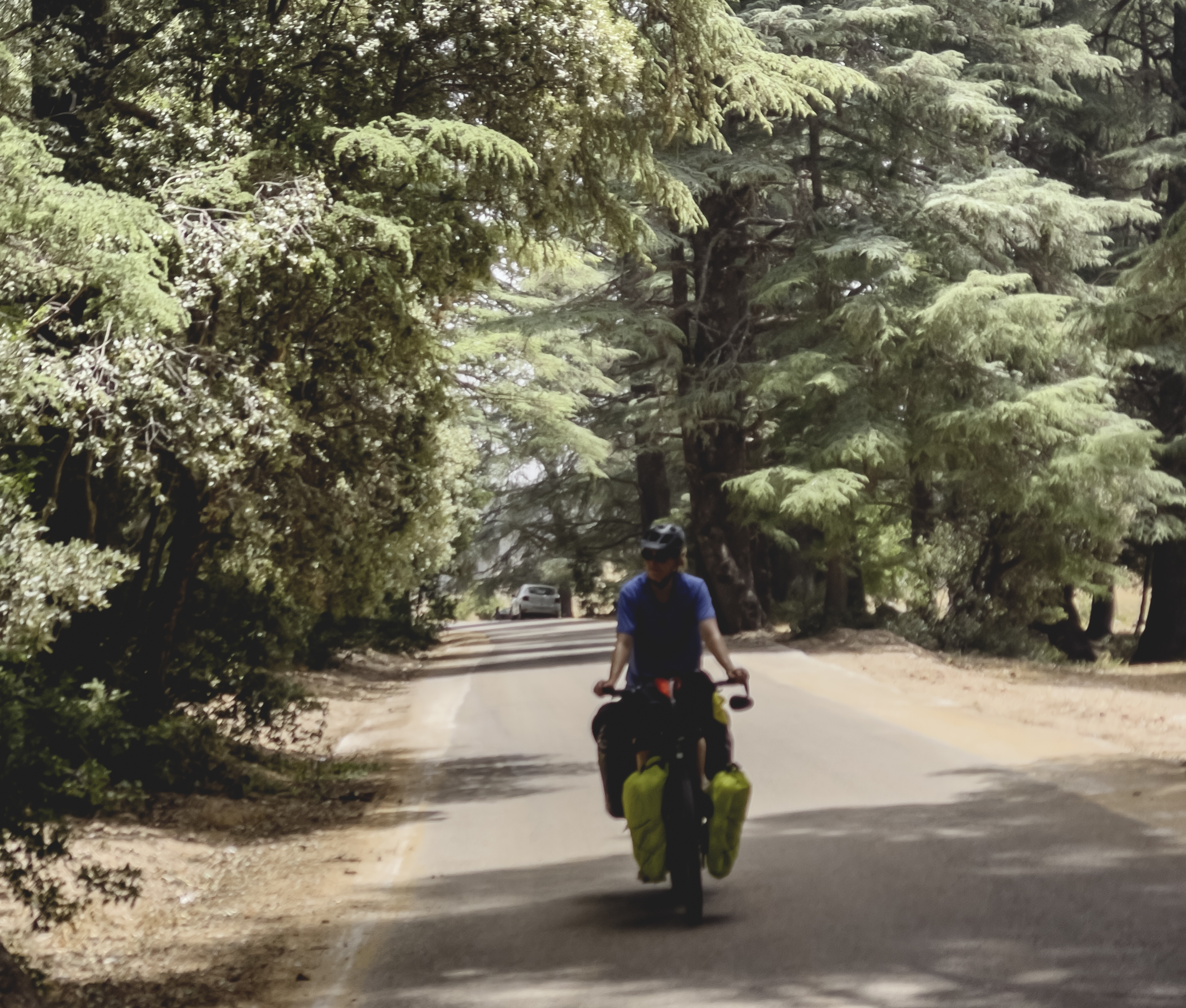
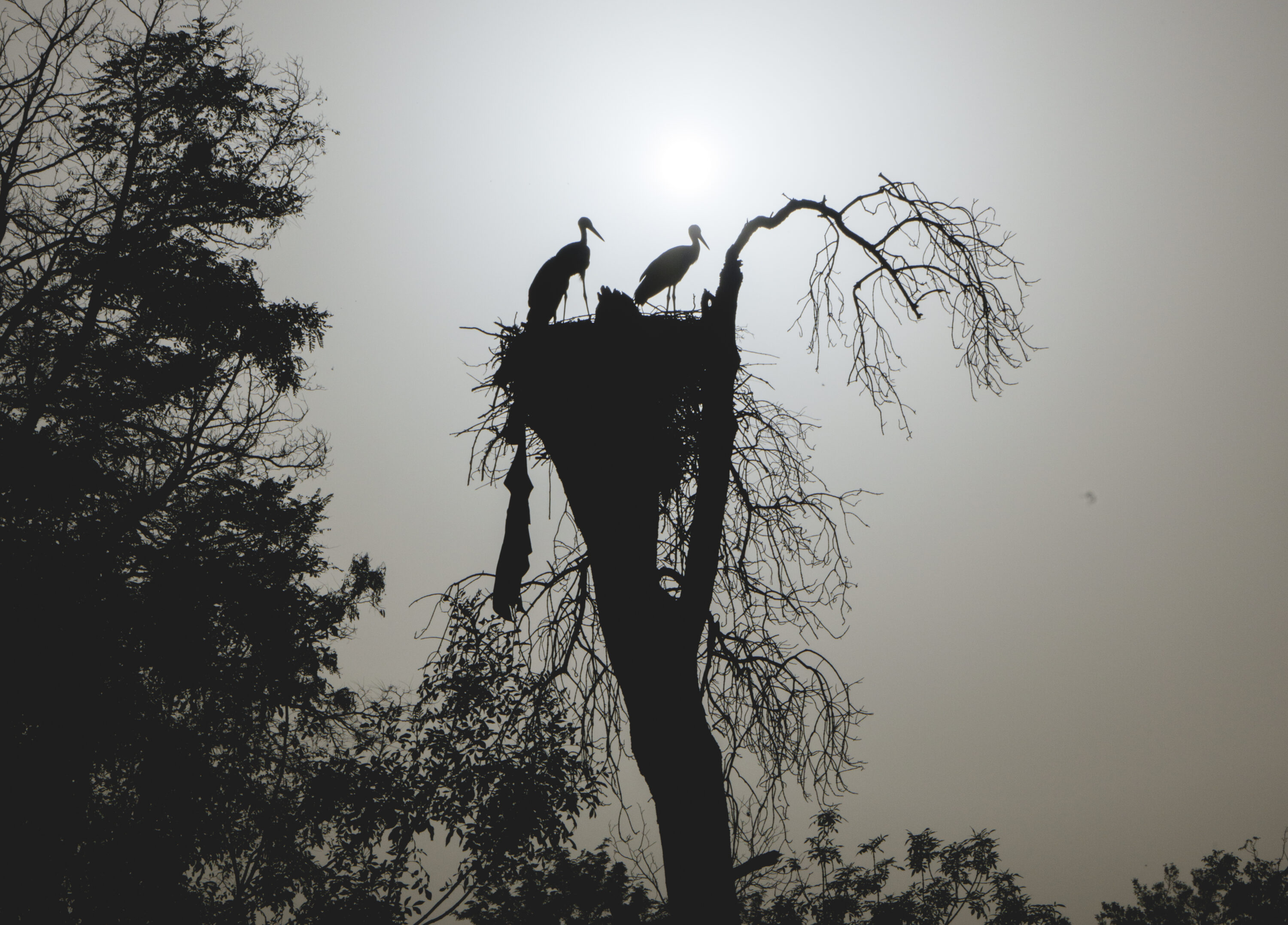
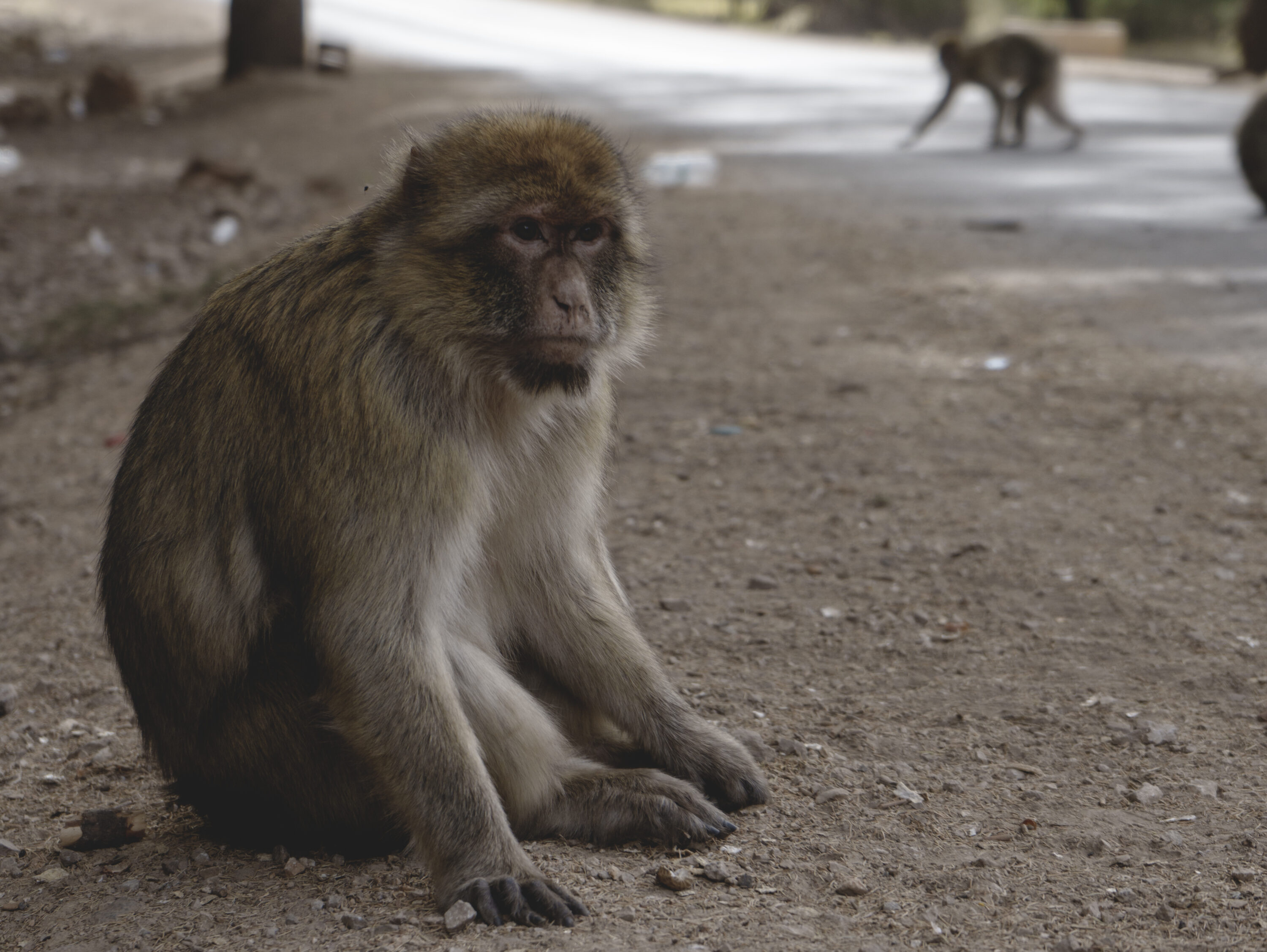

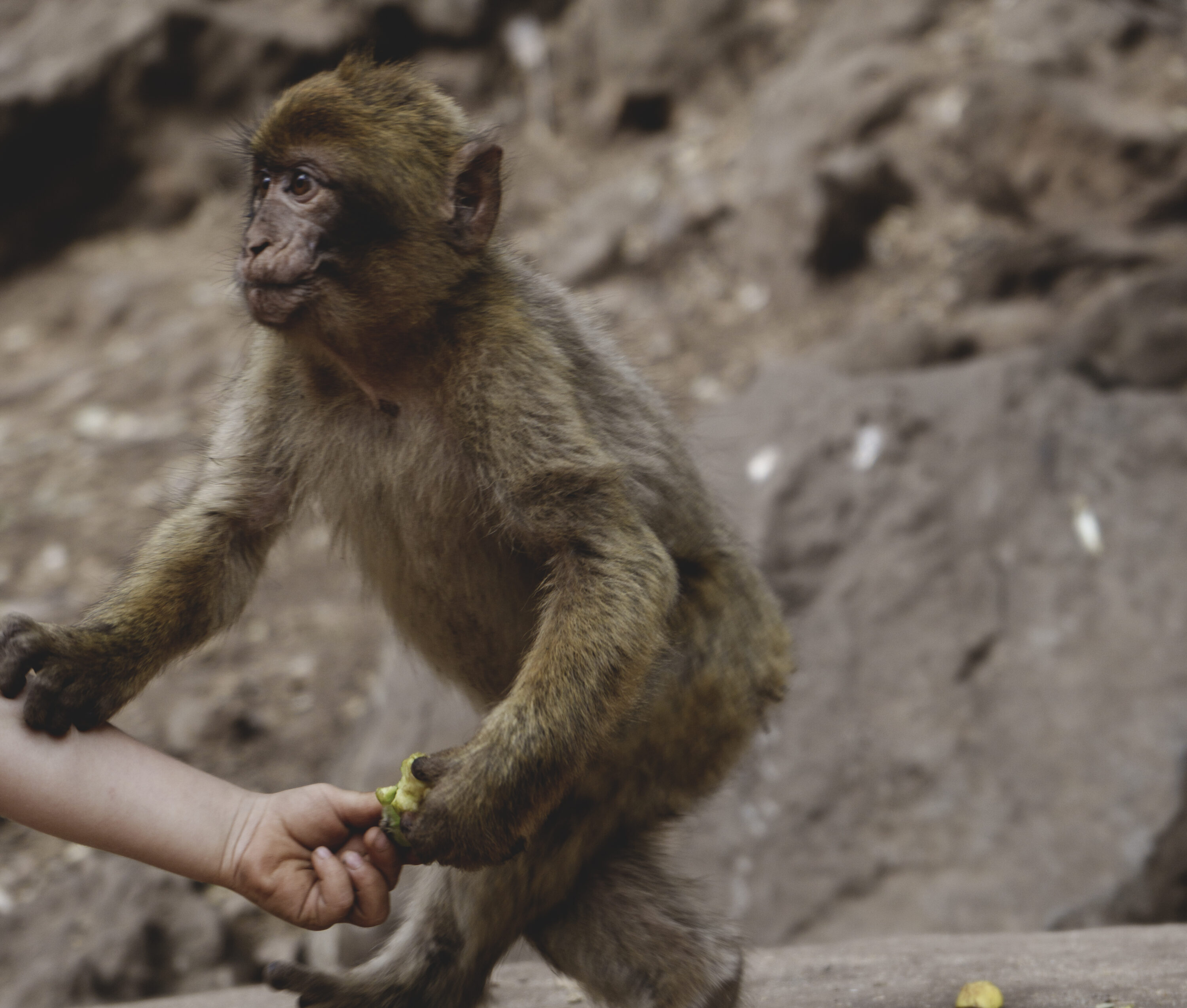
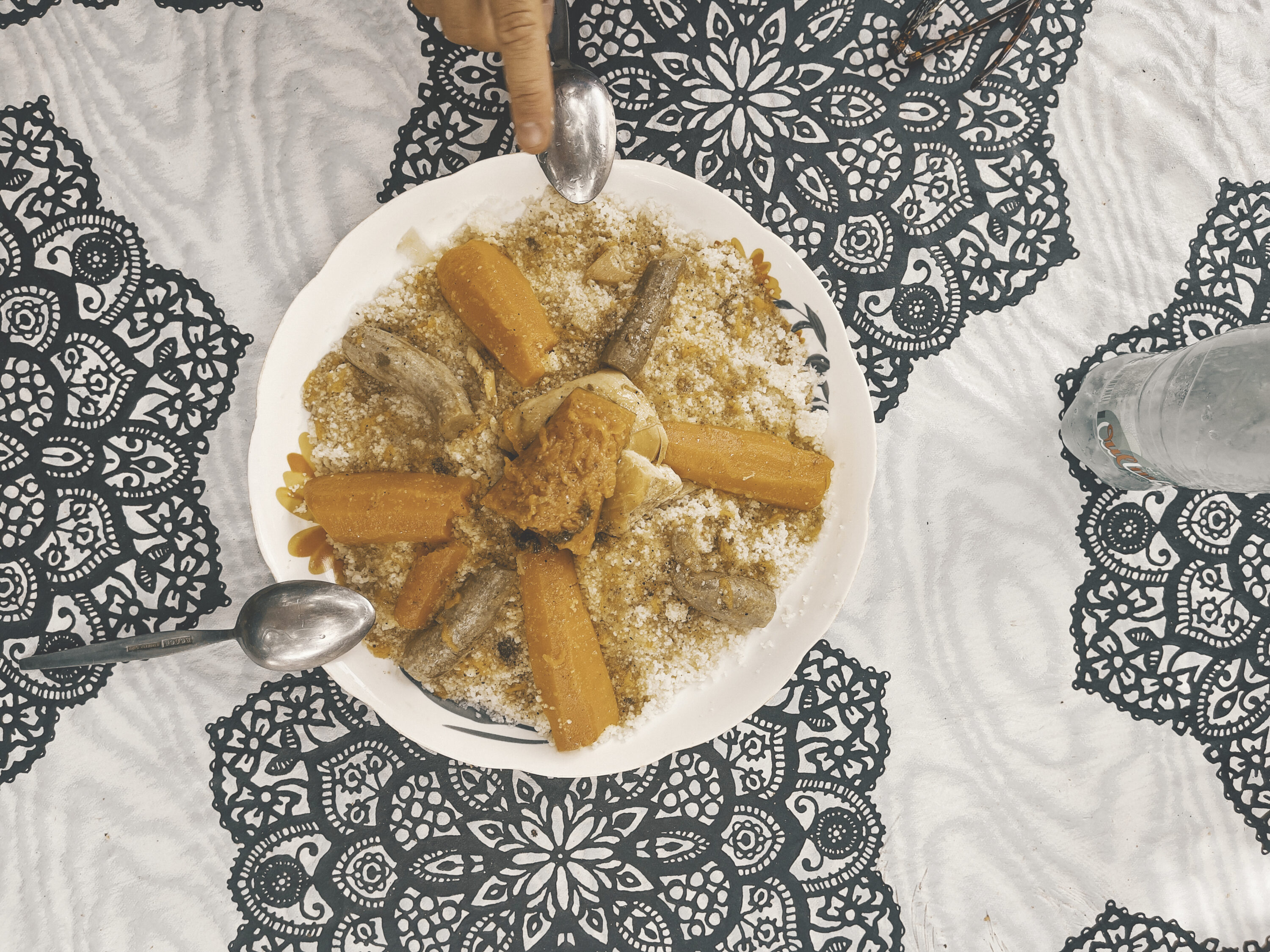
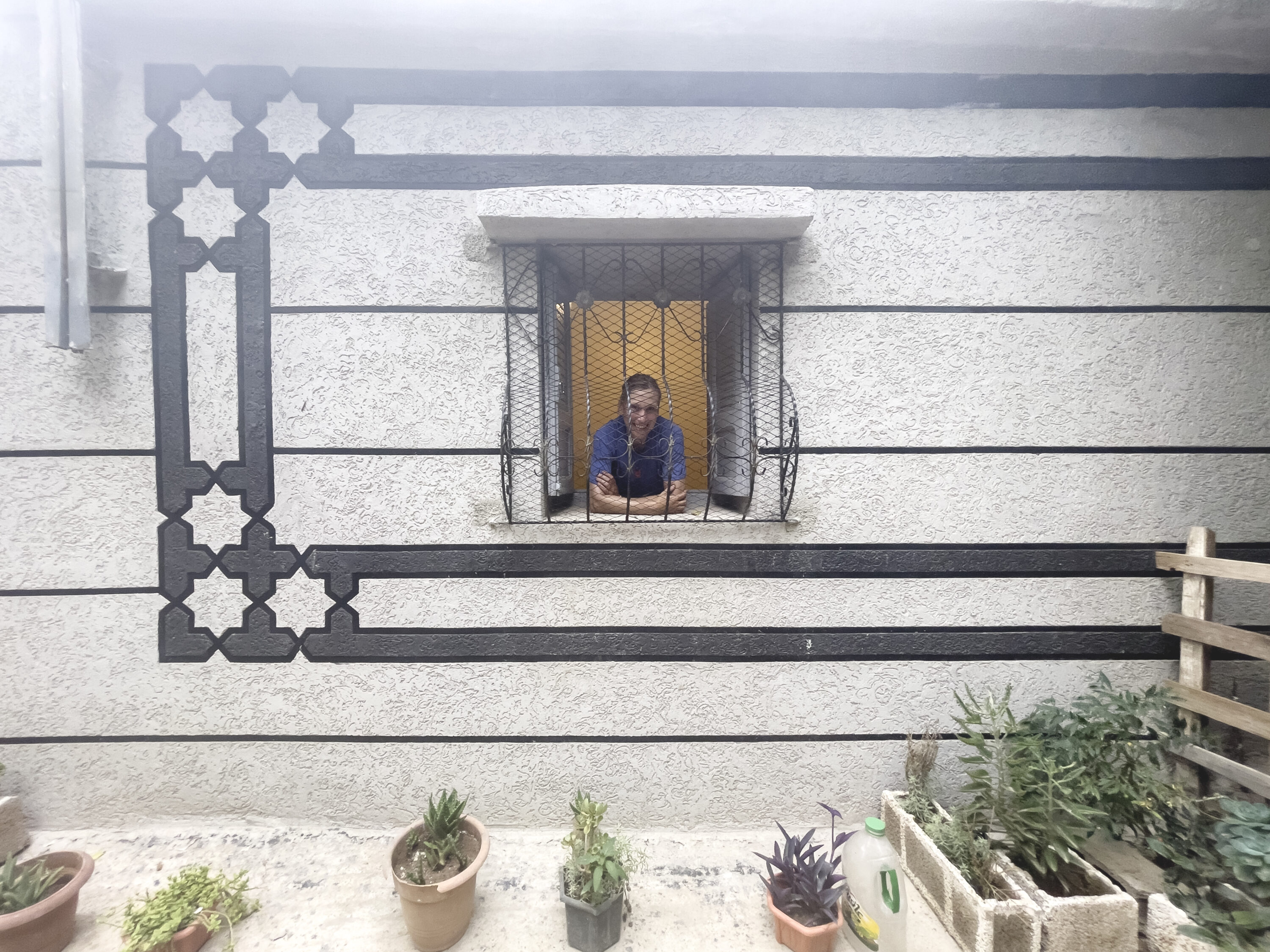
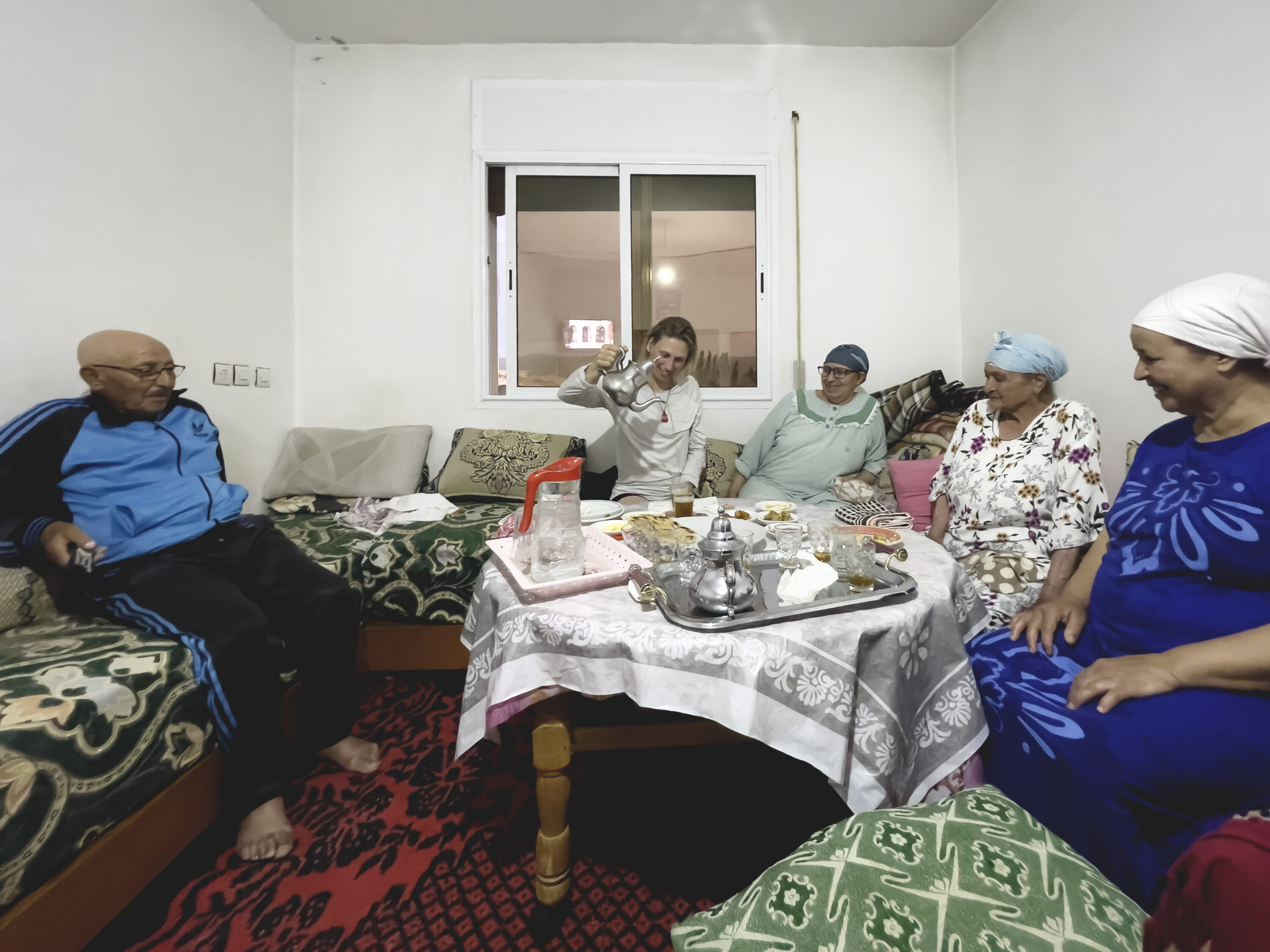
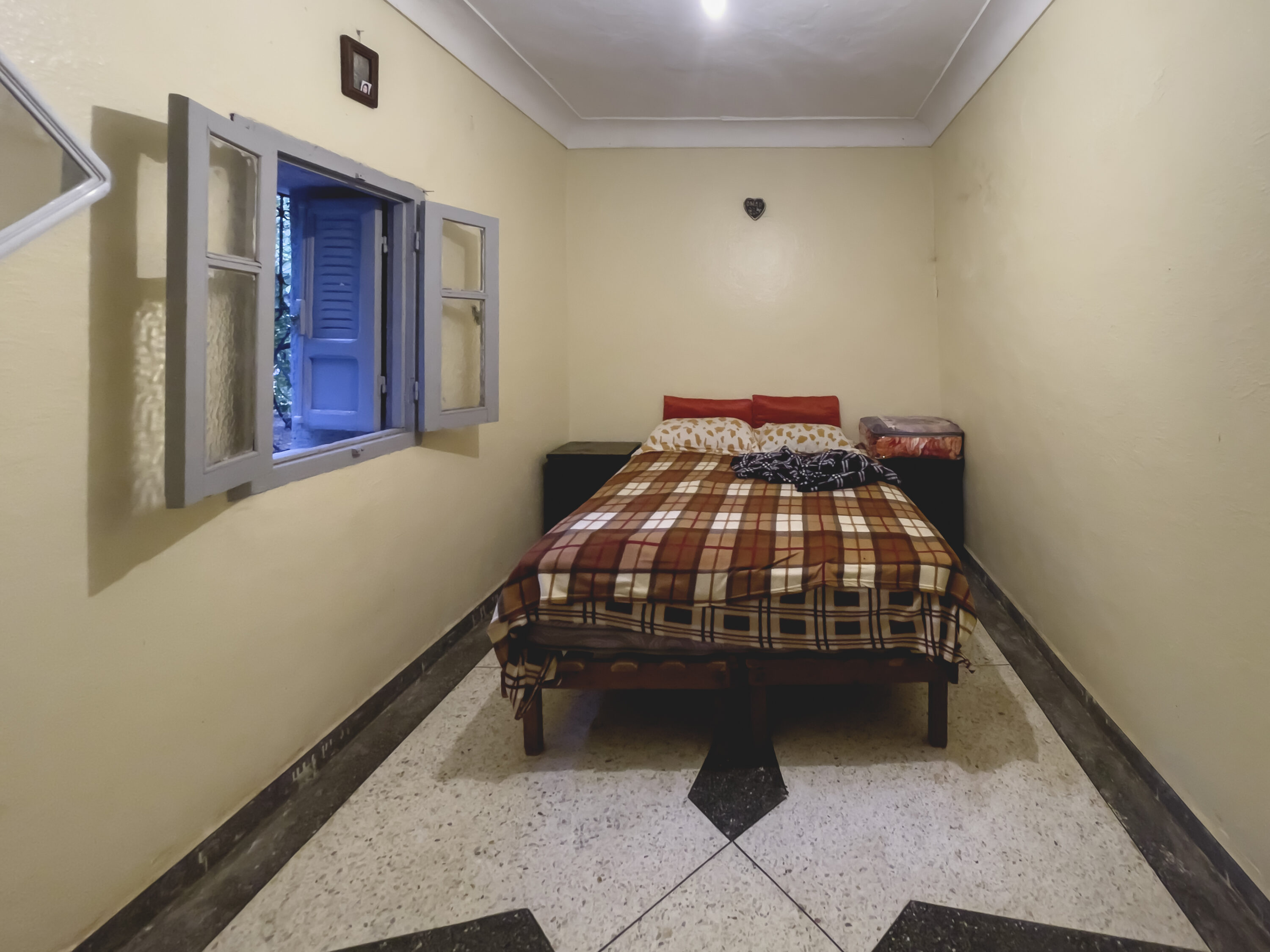

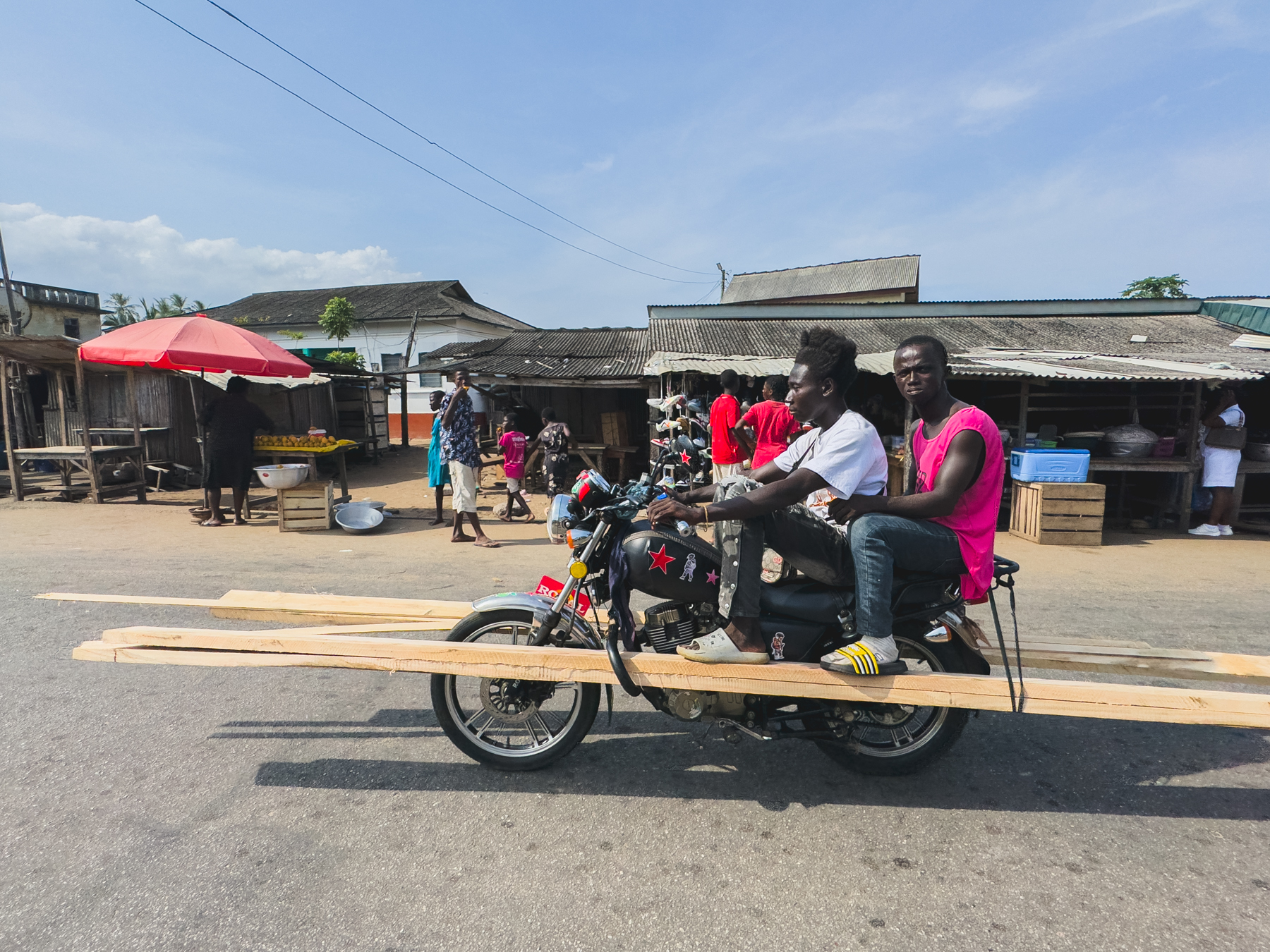

Leave a Reply